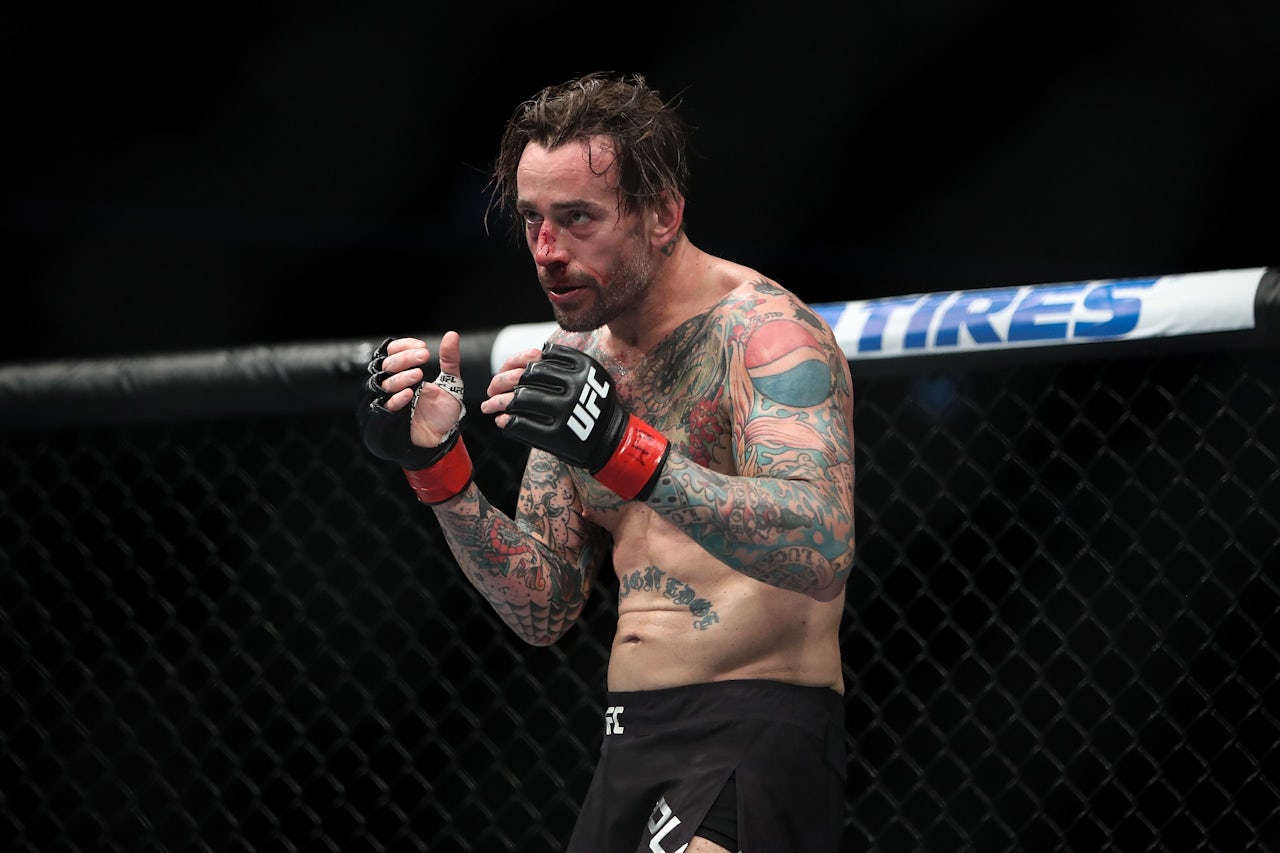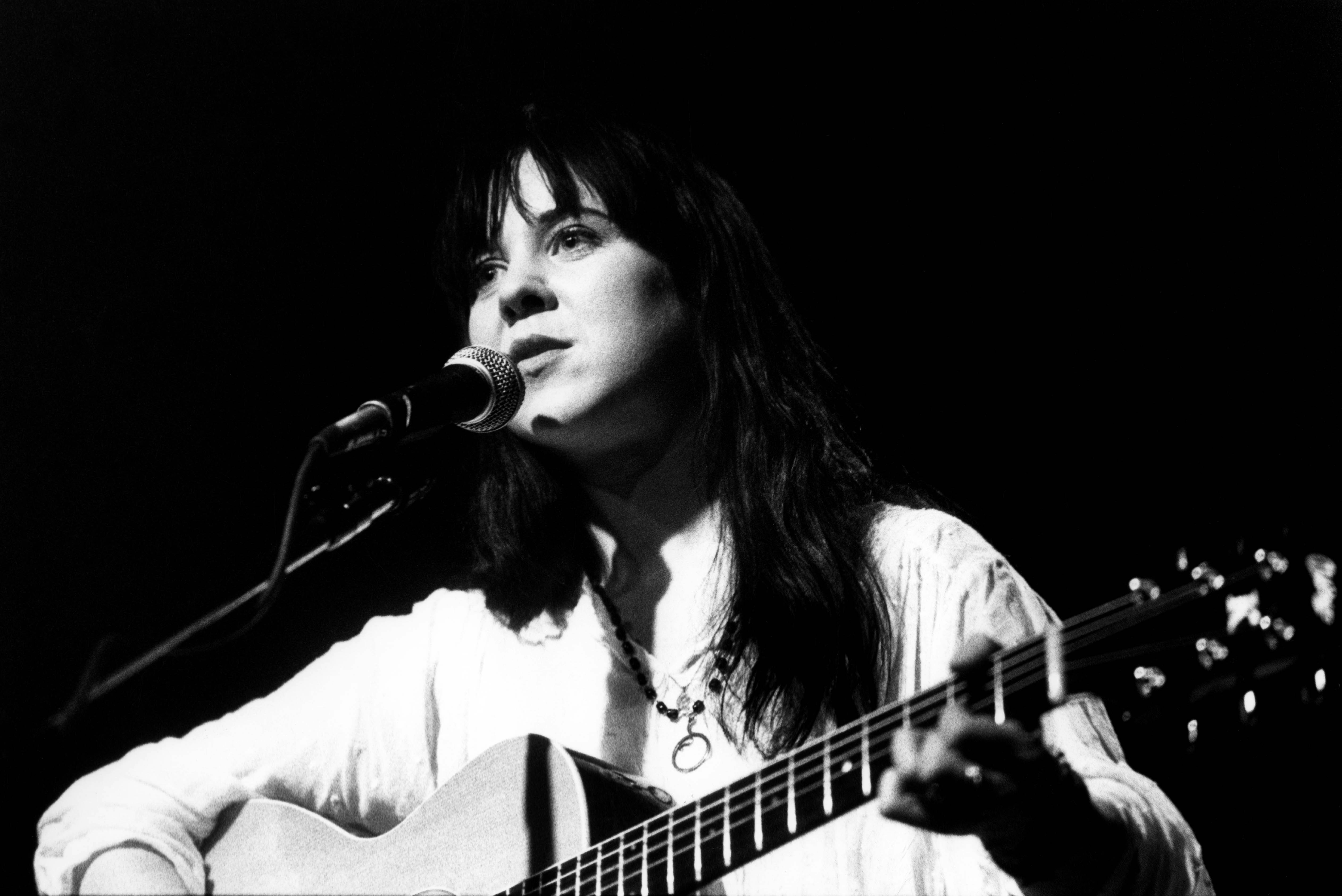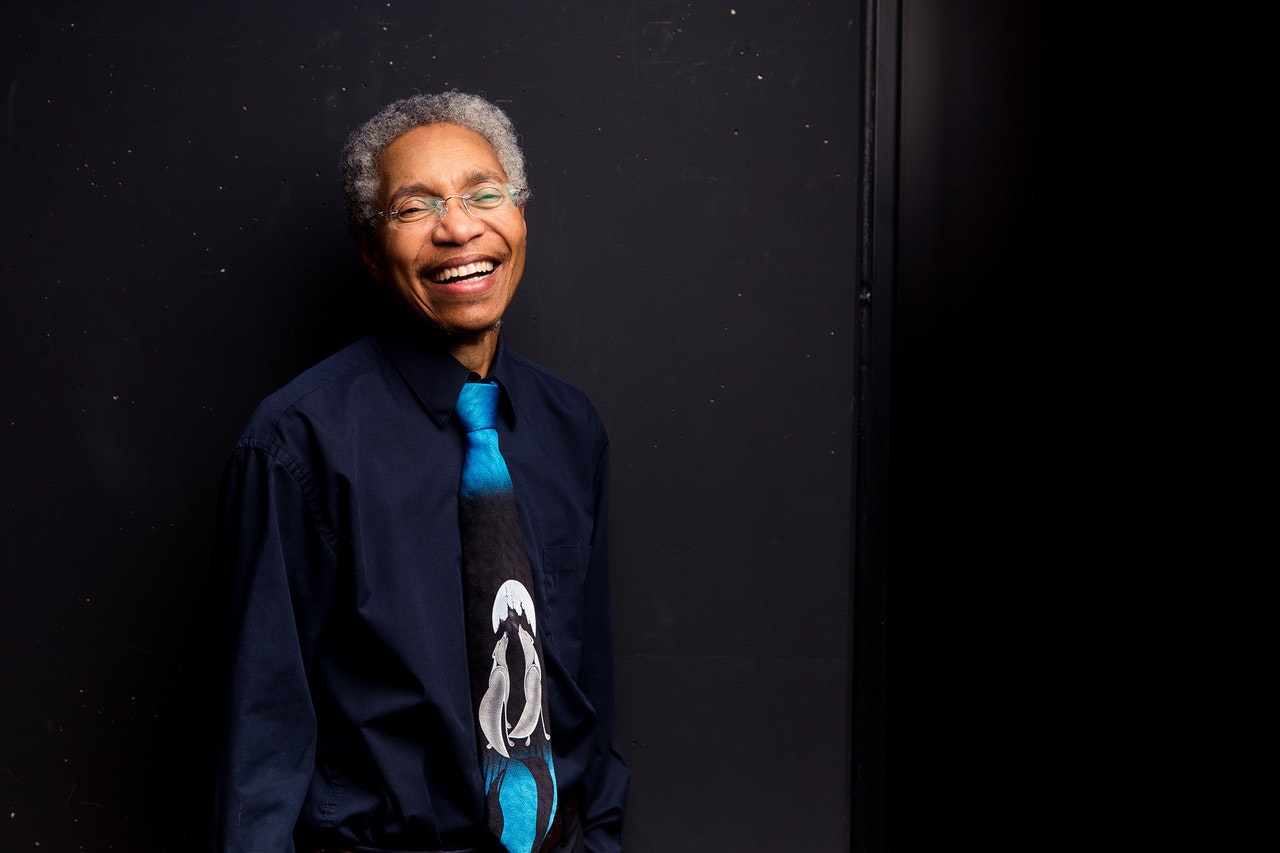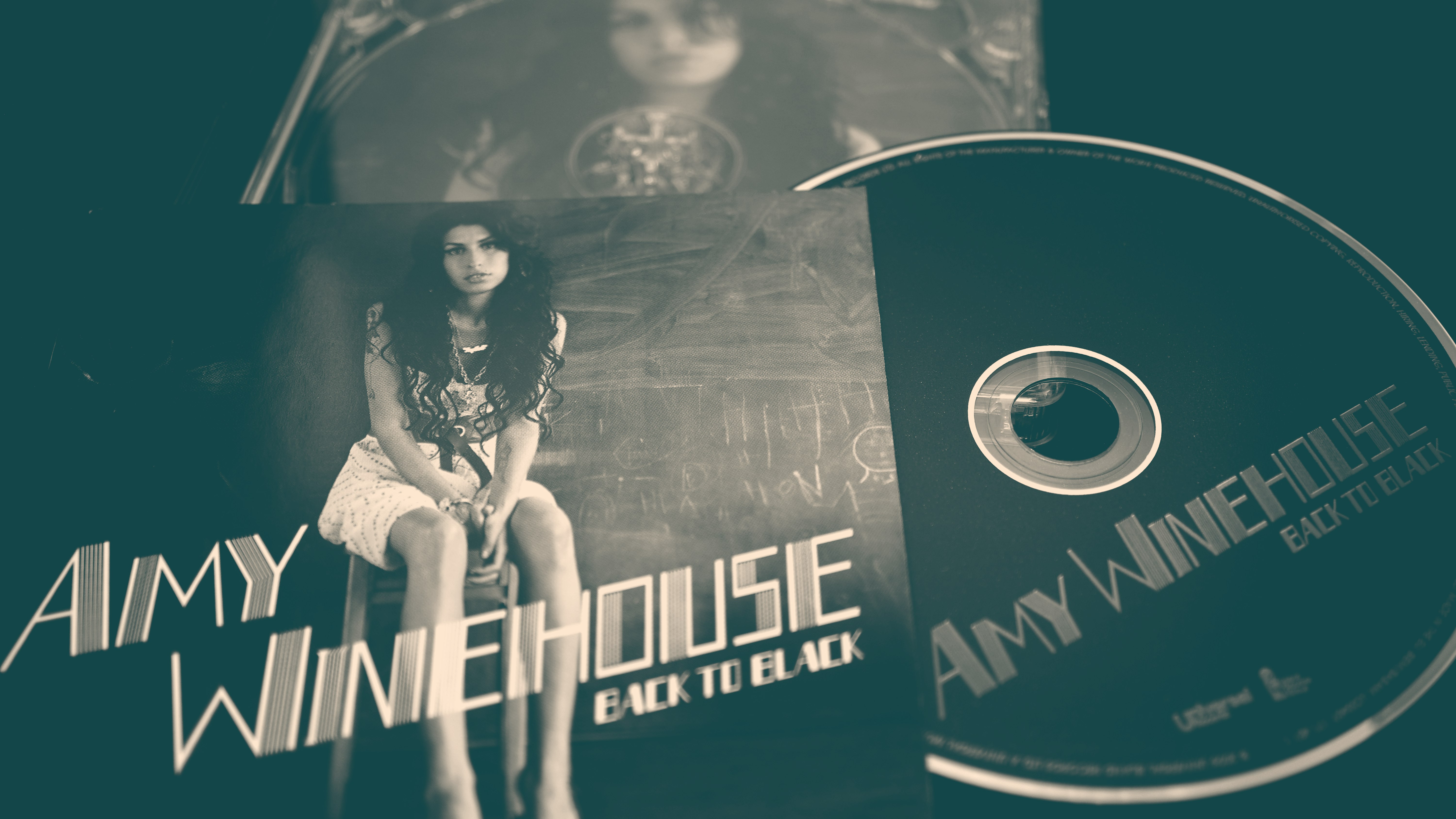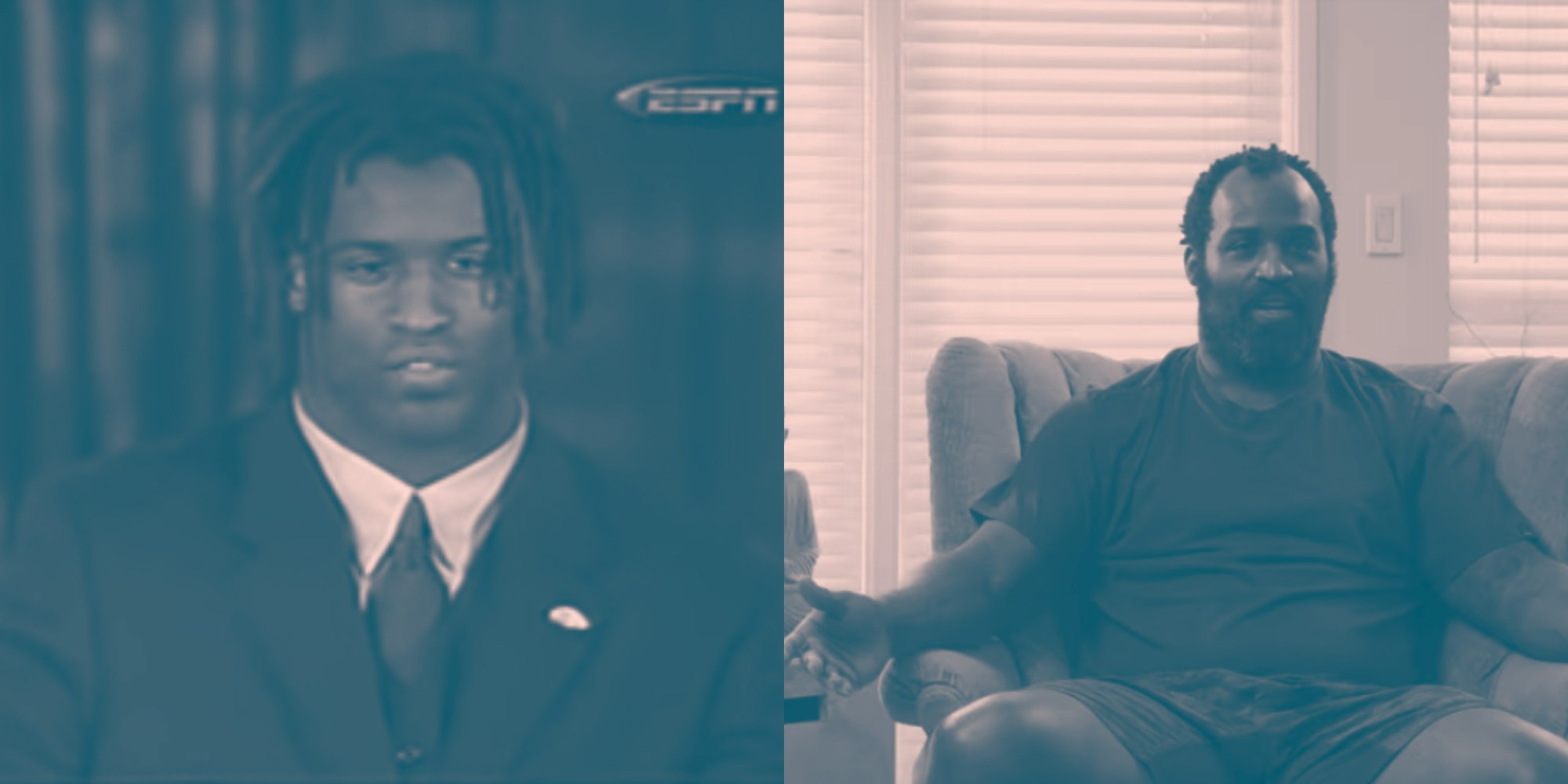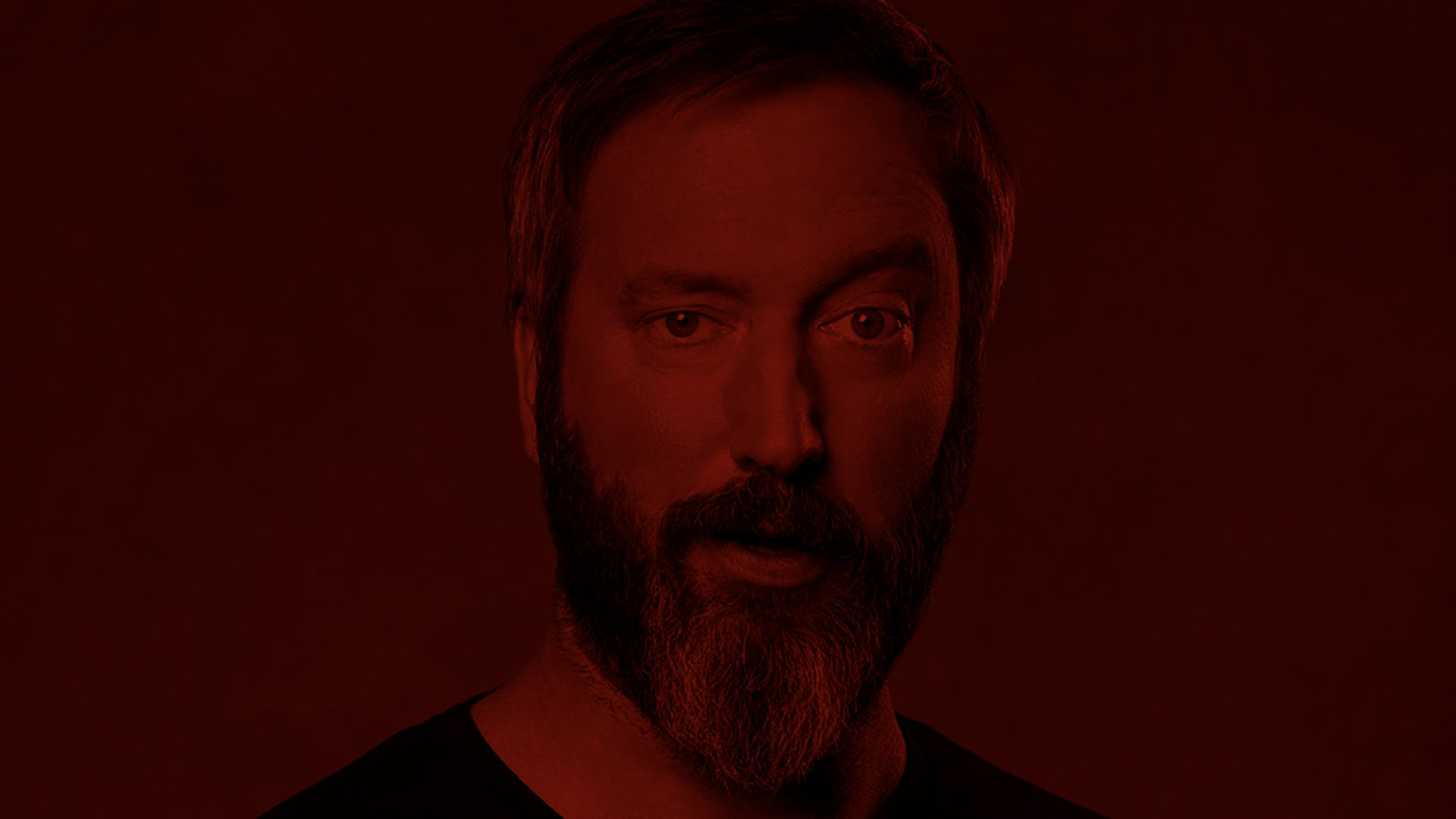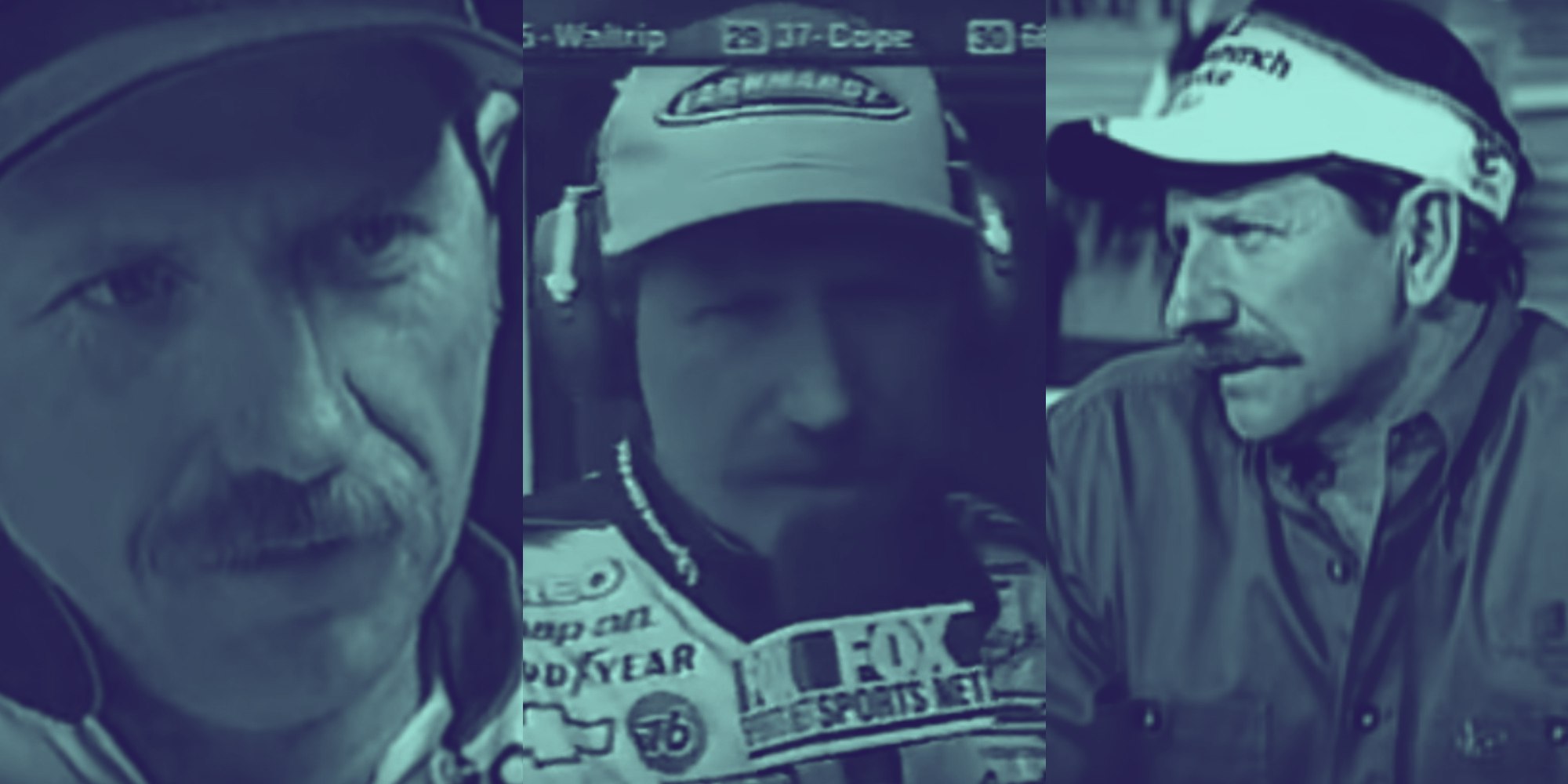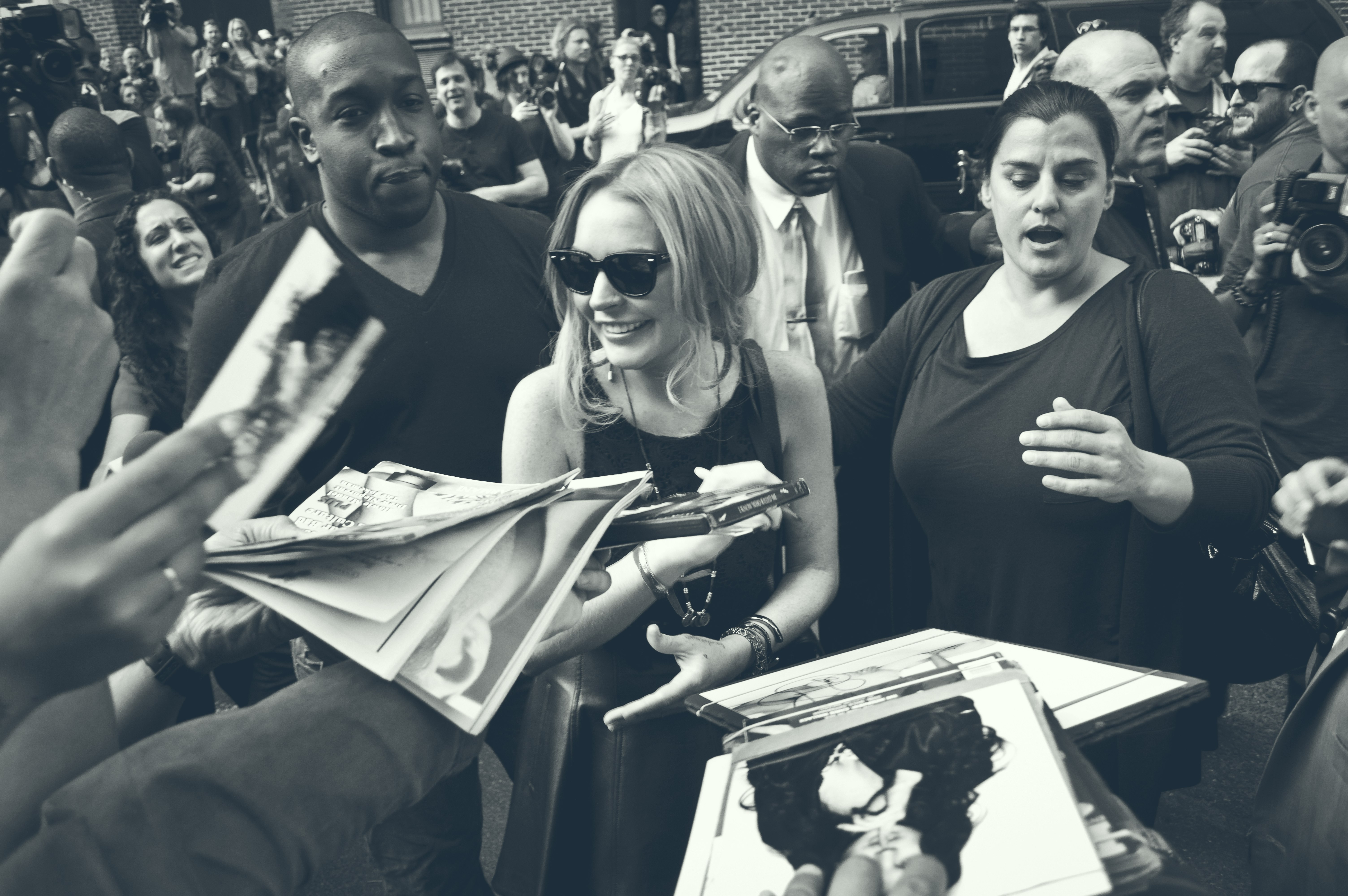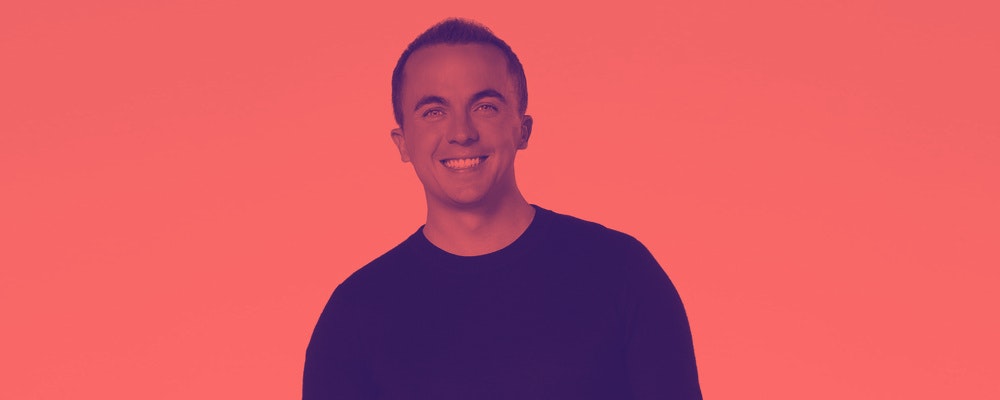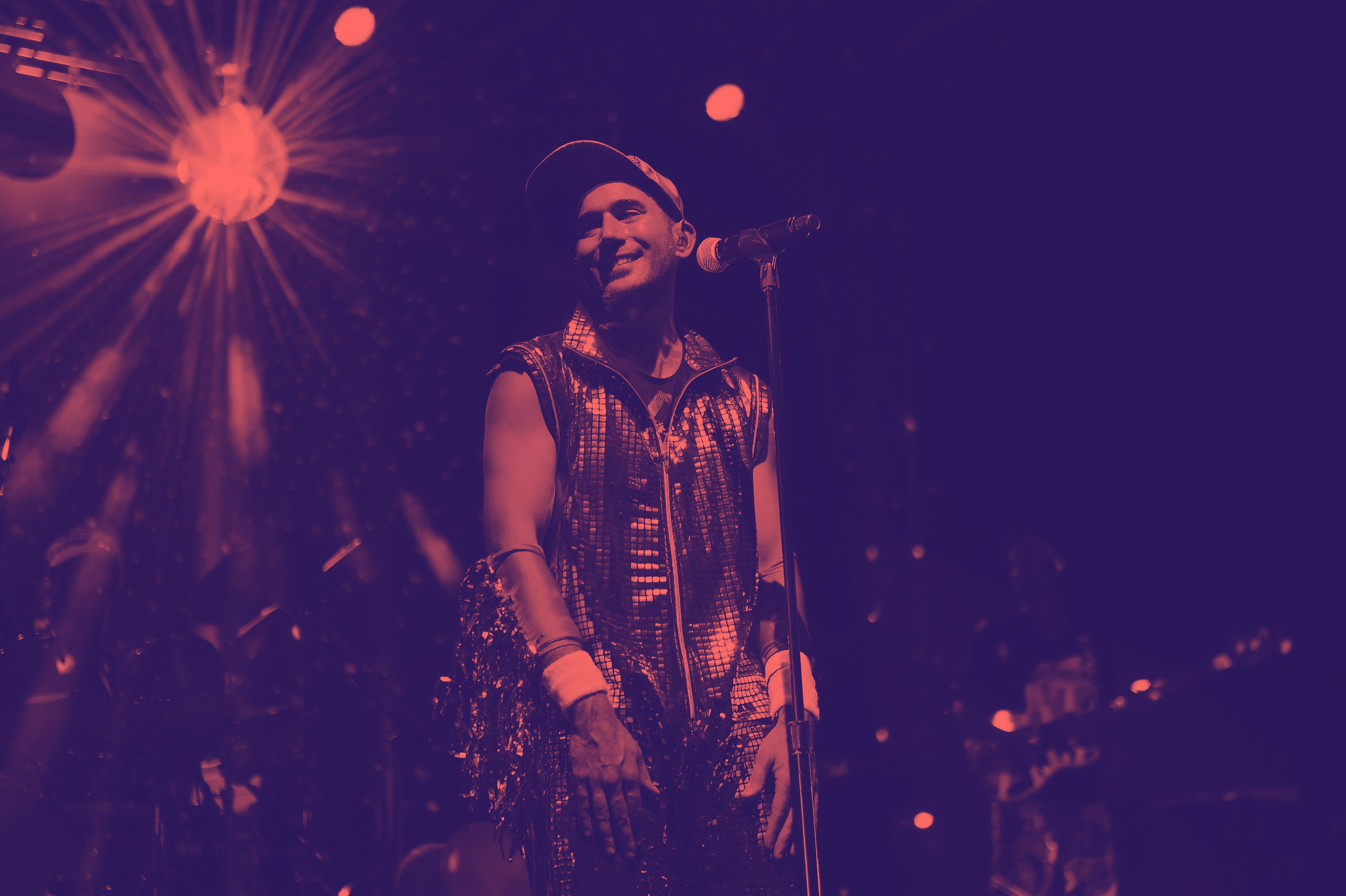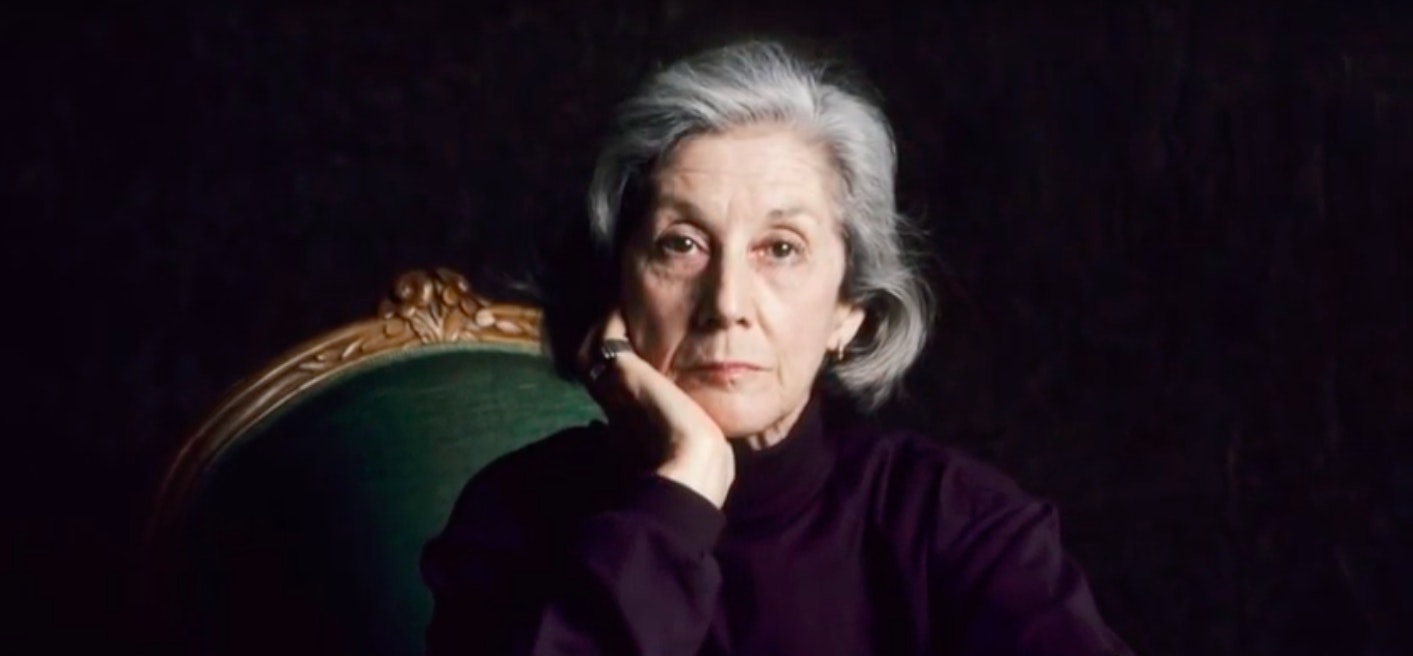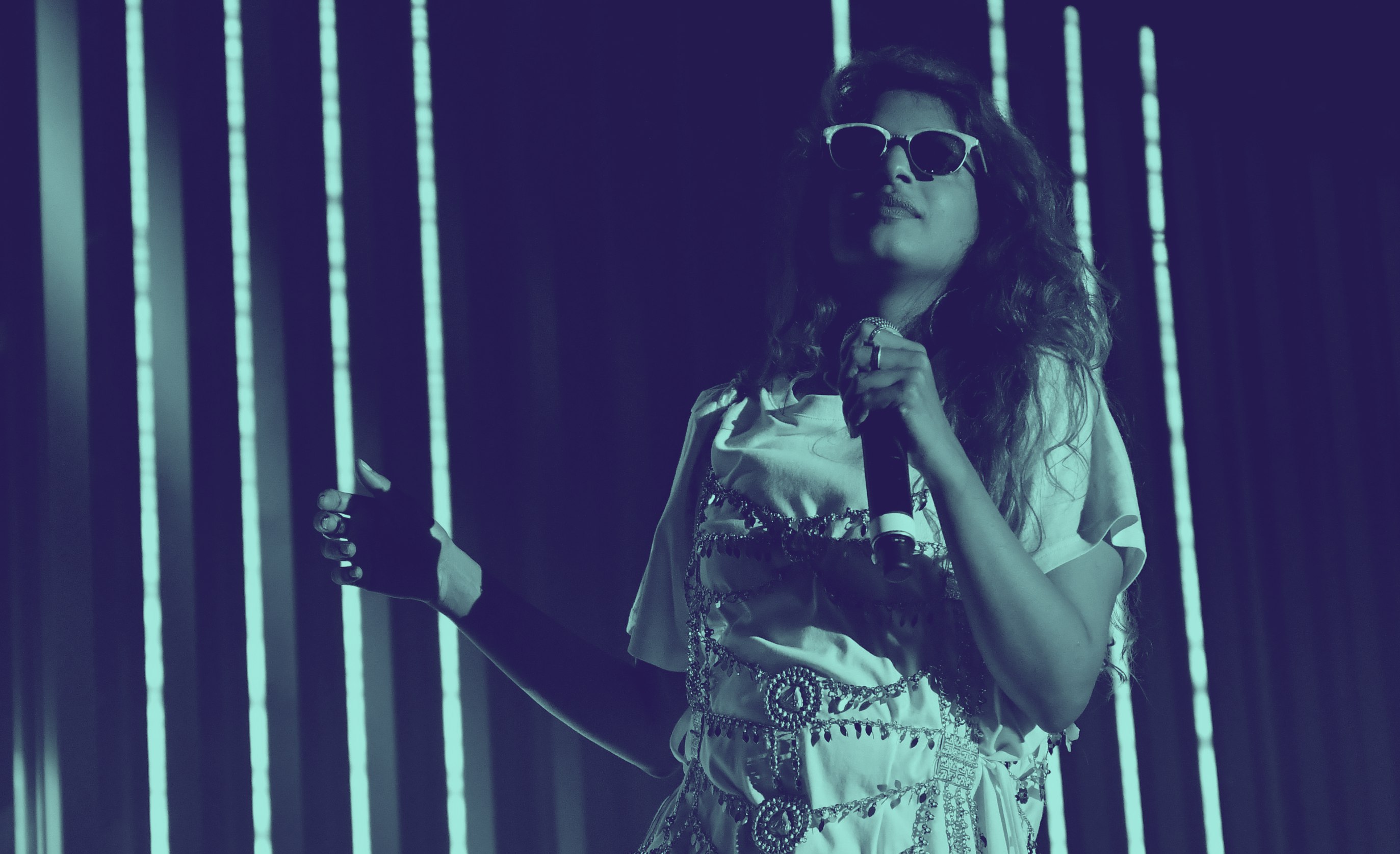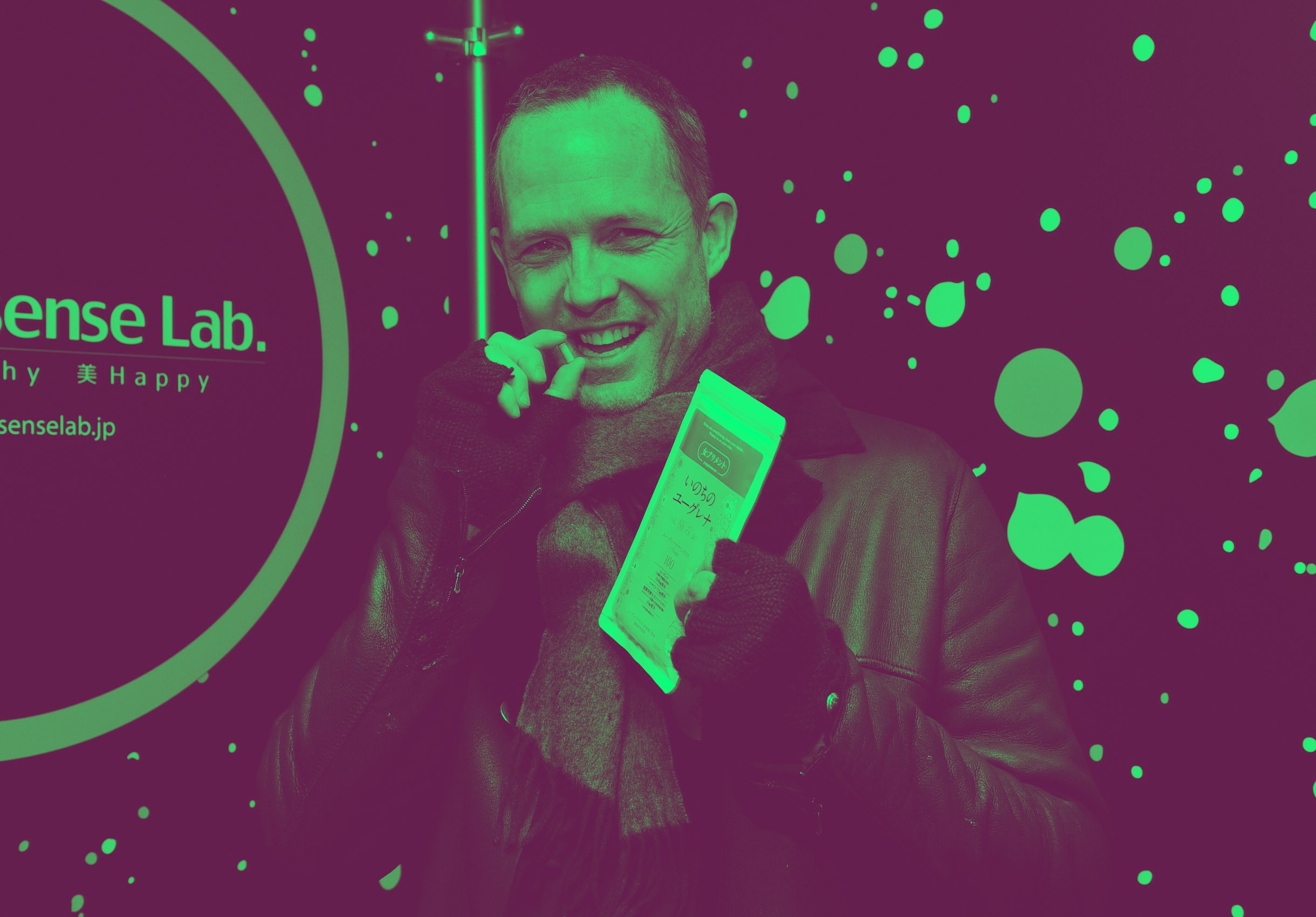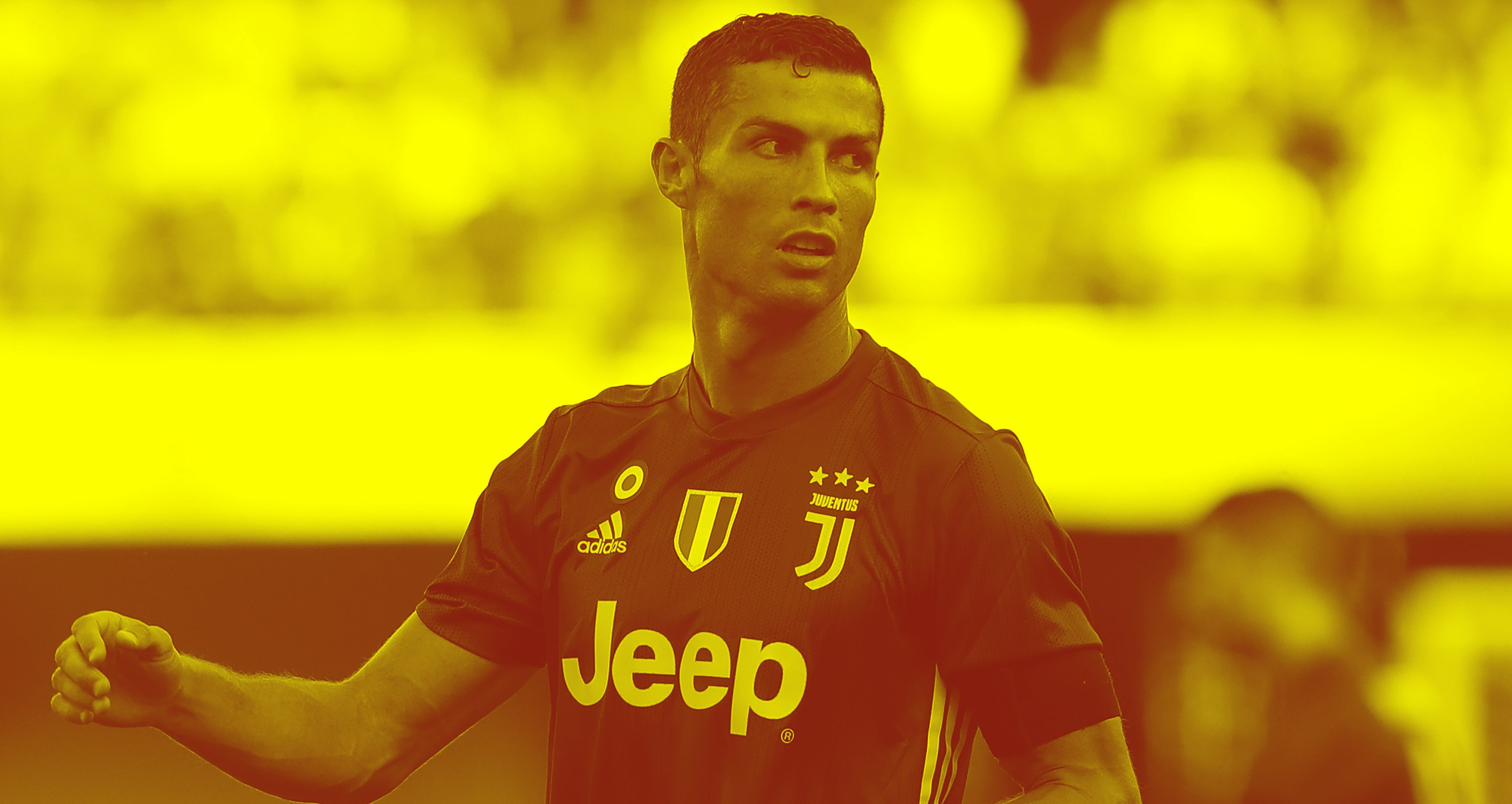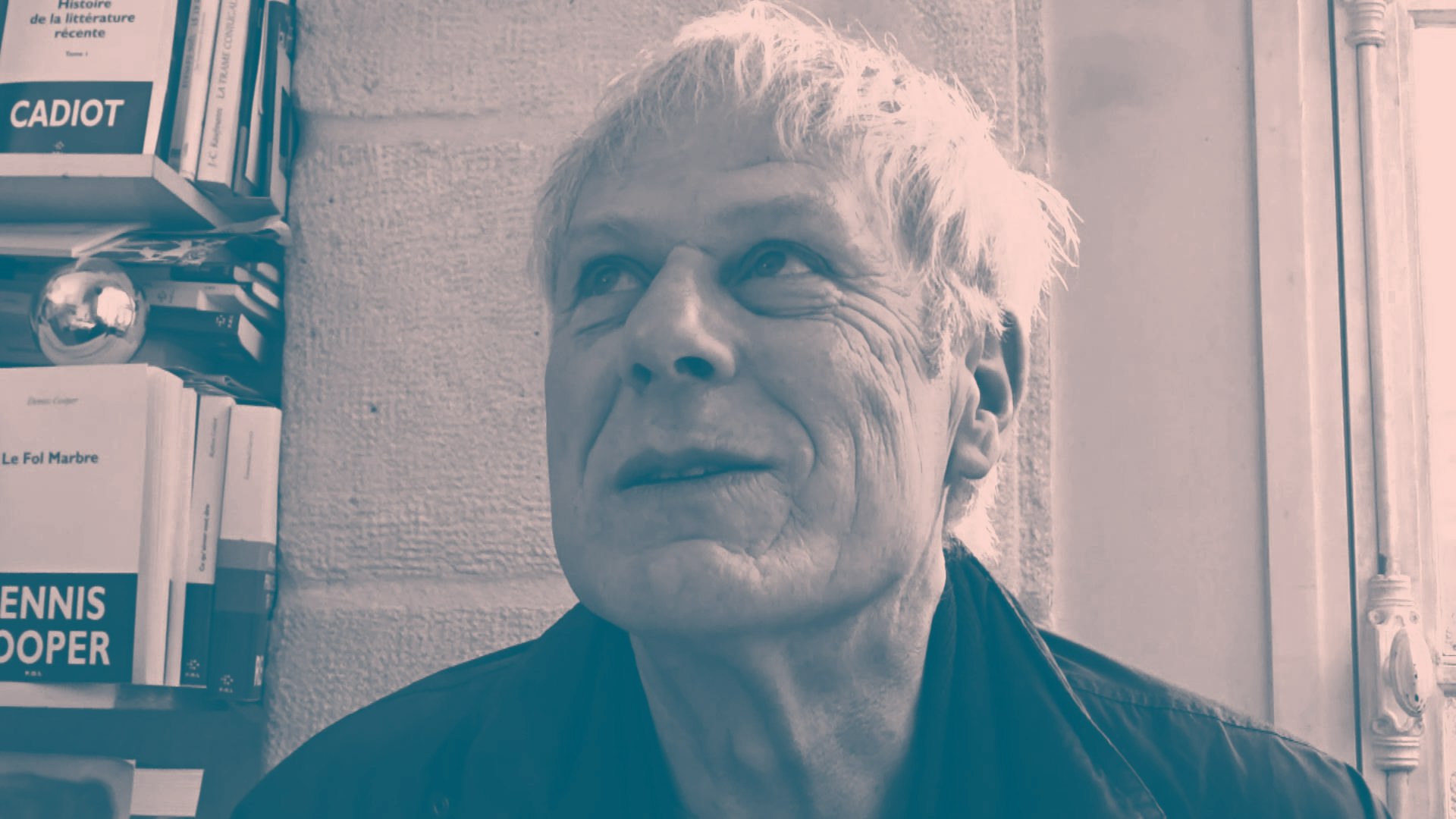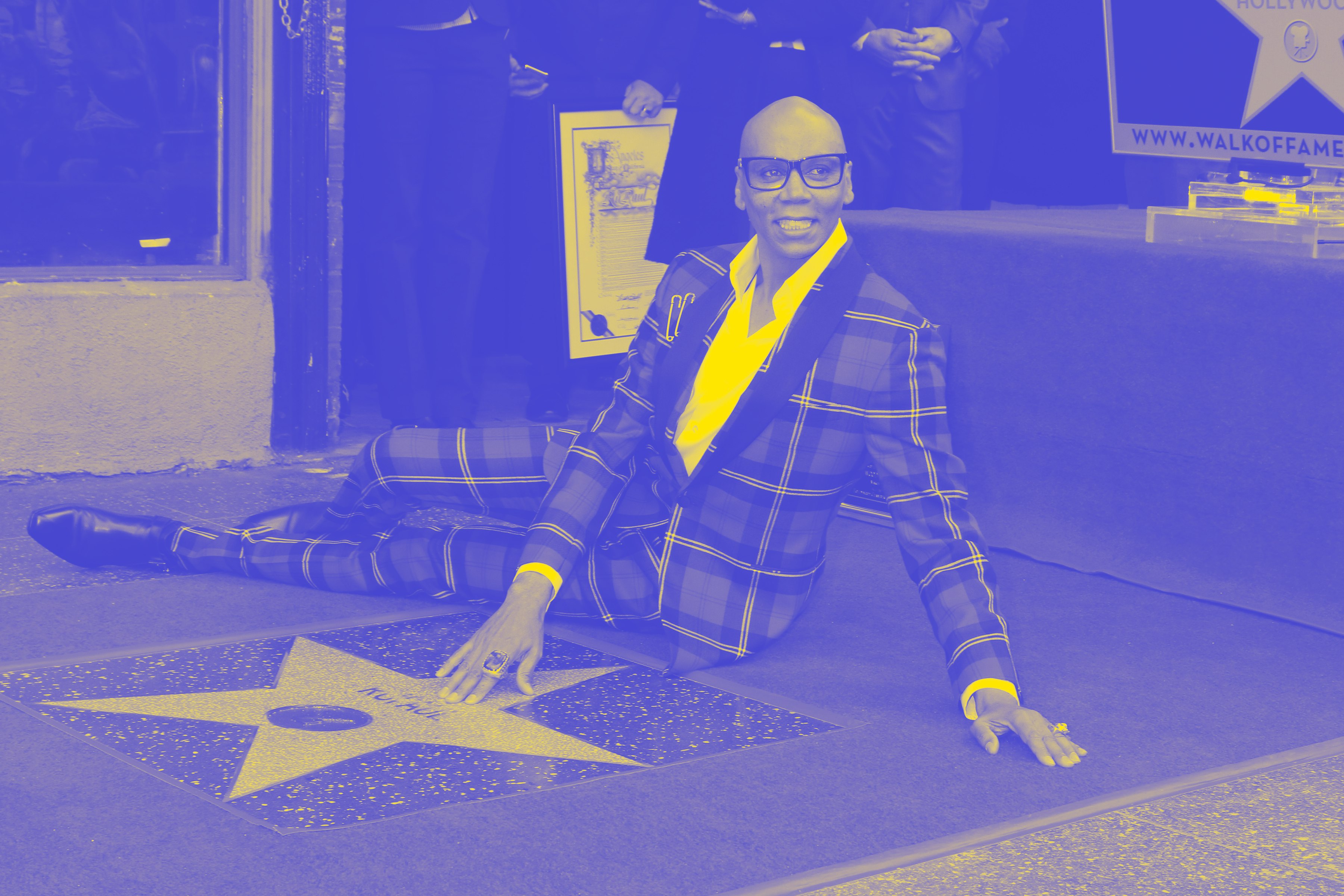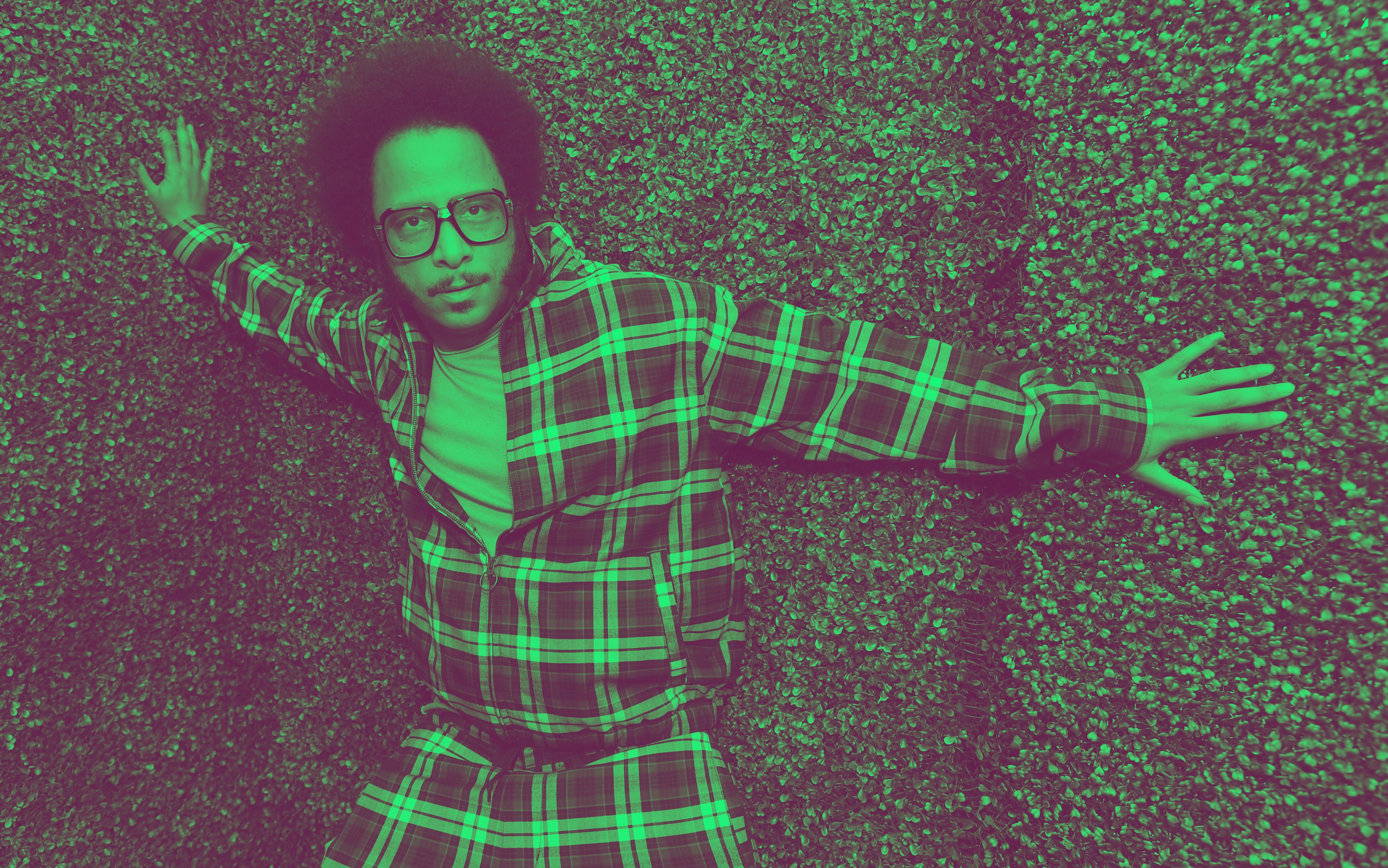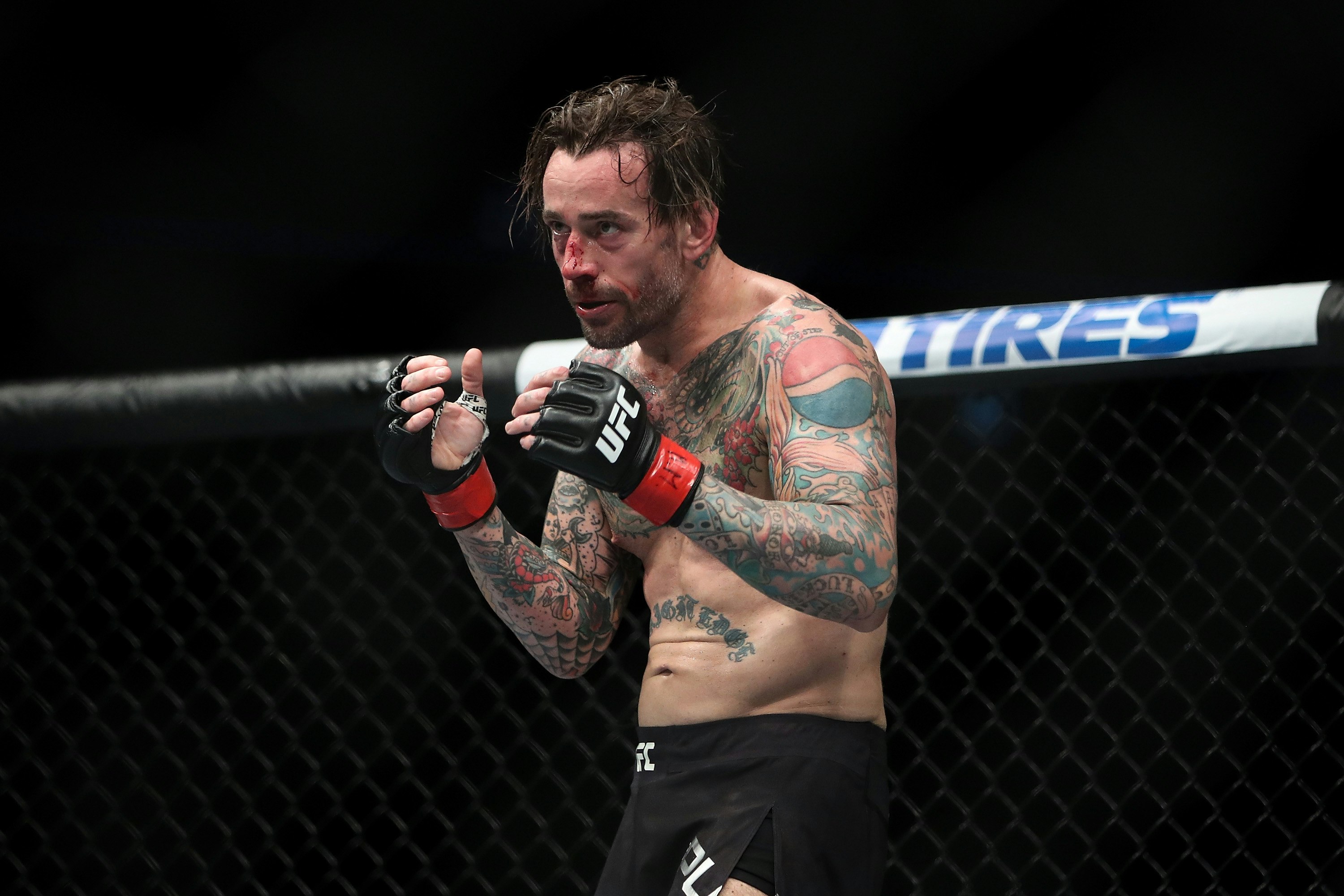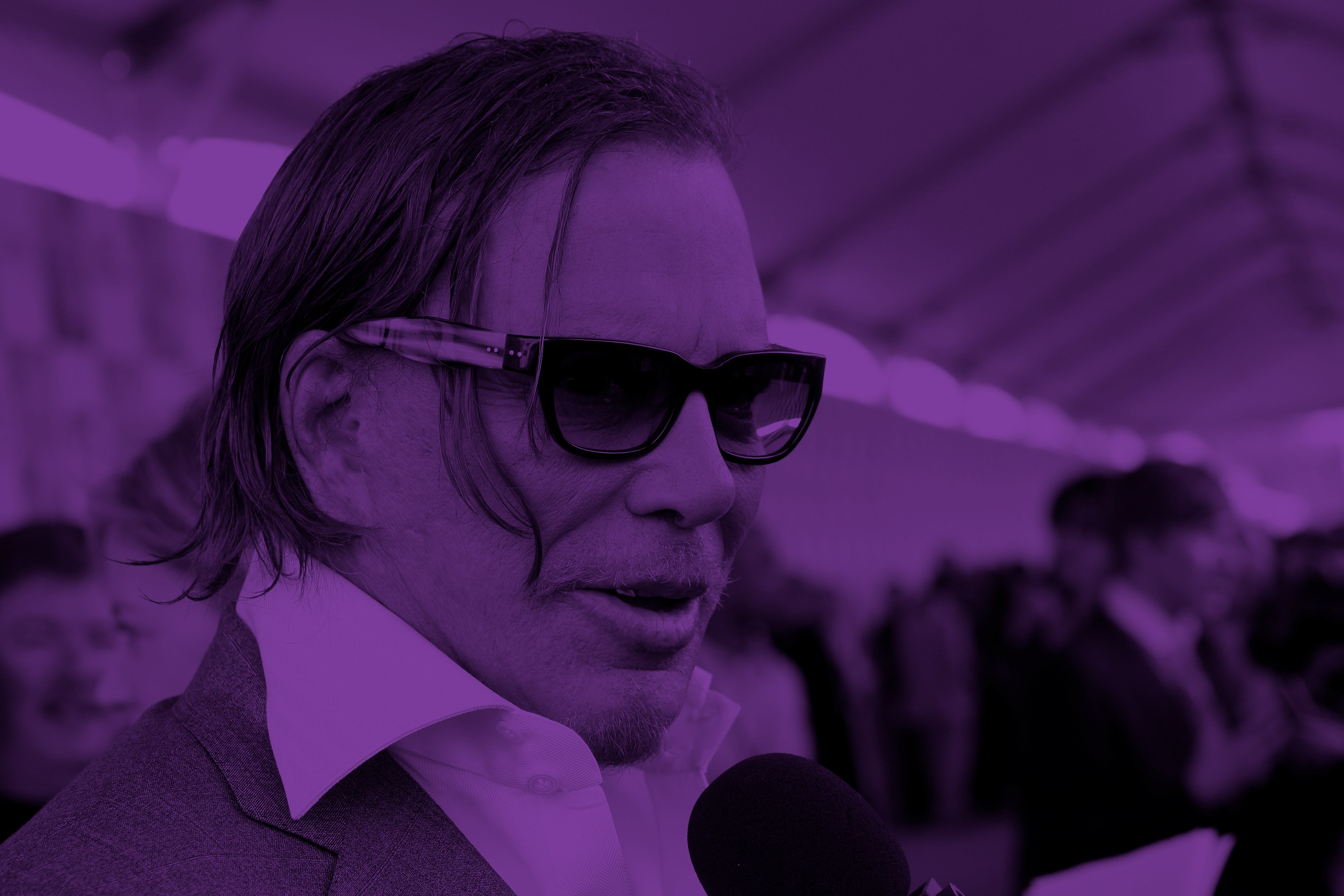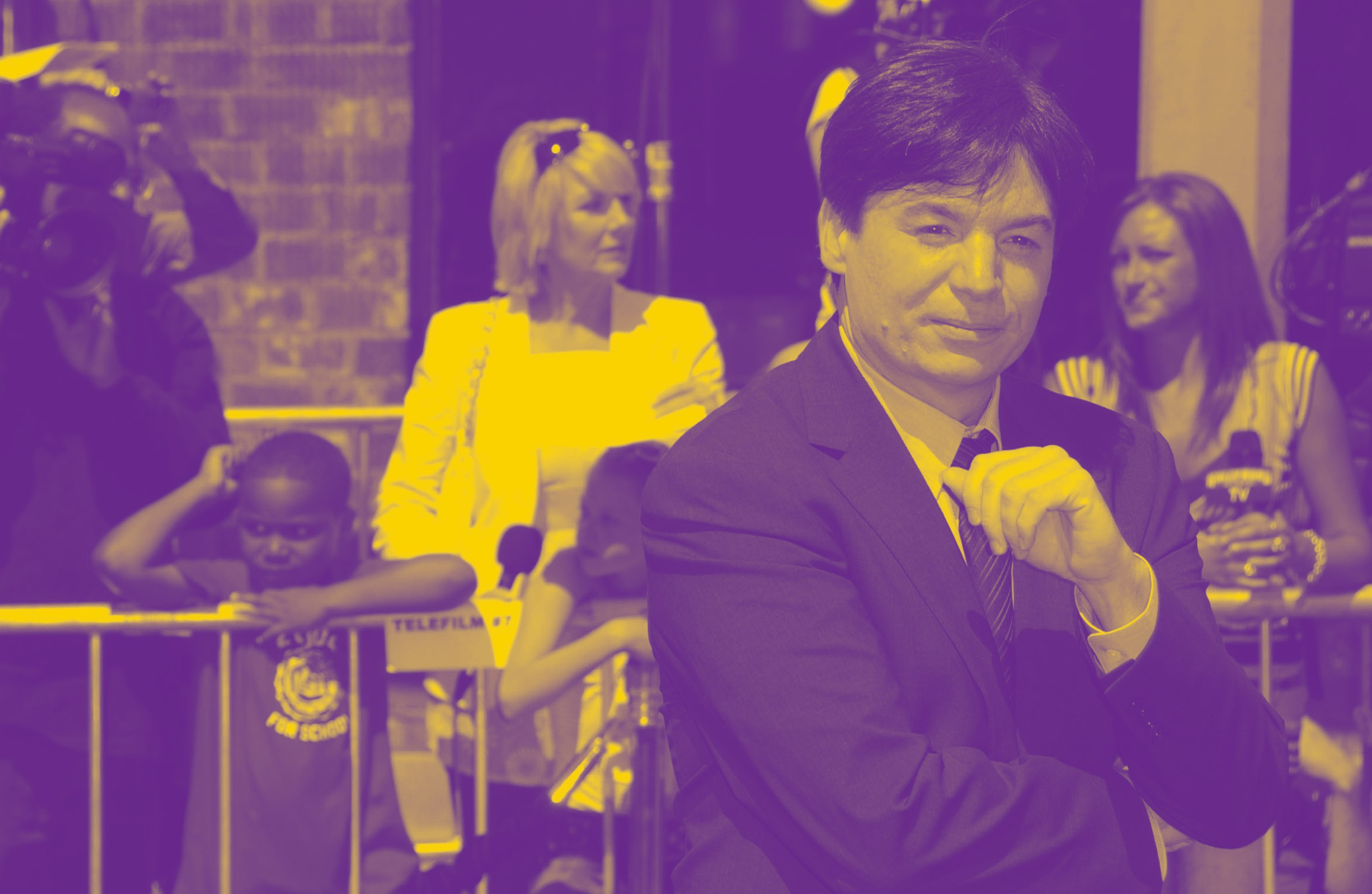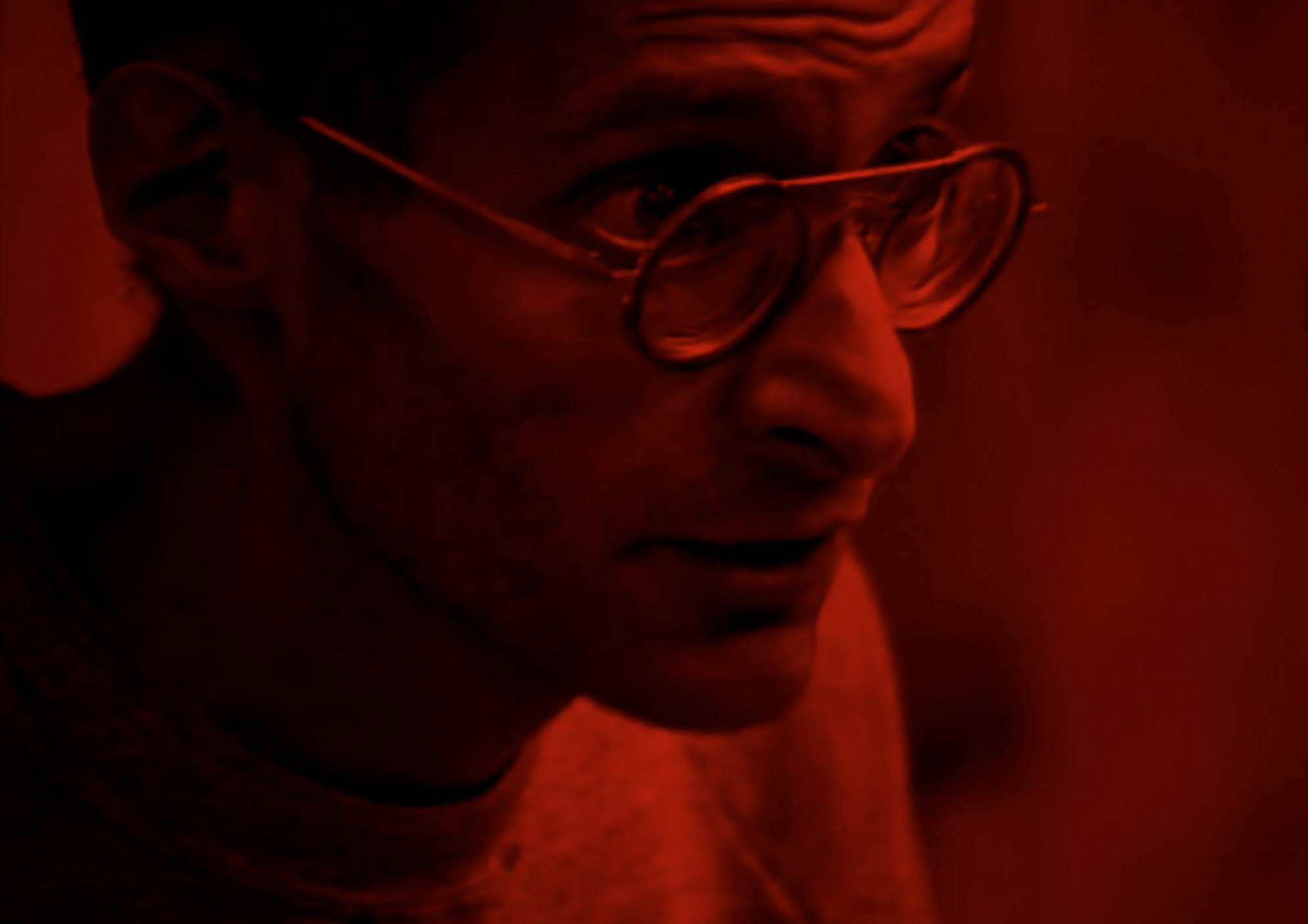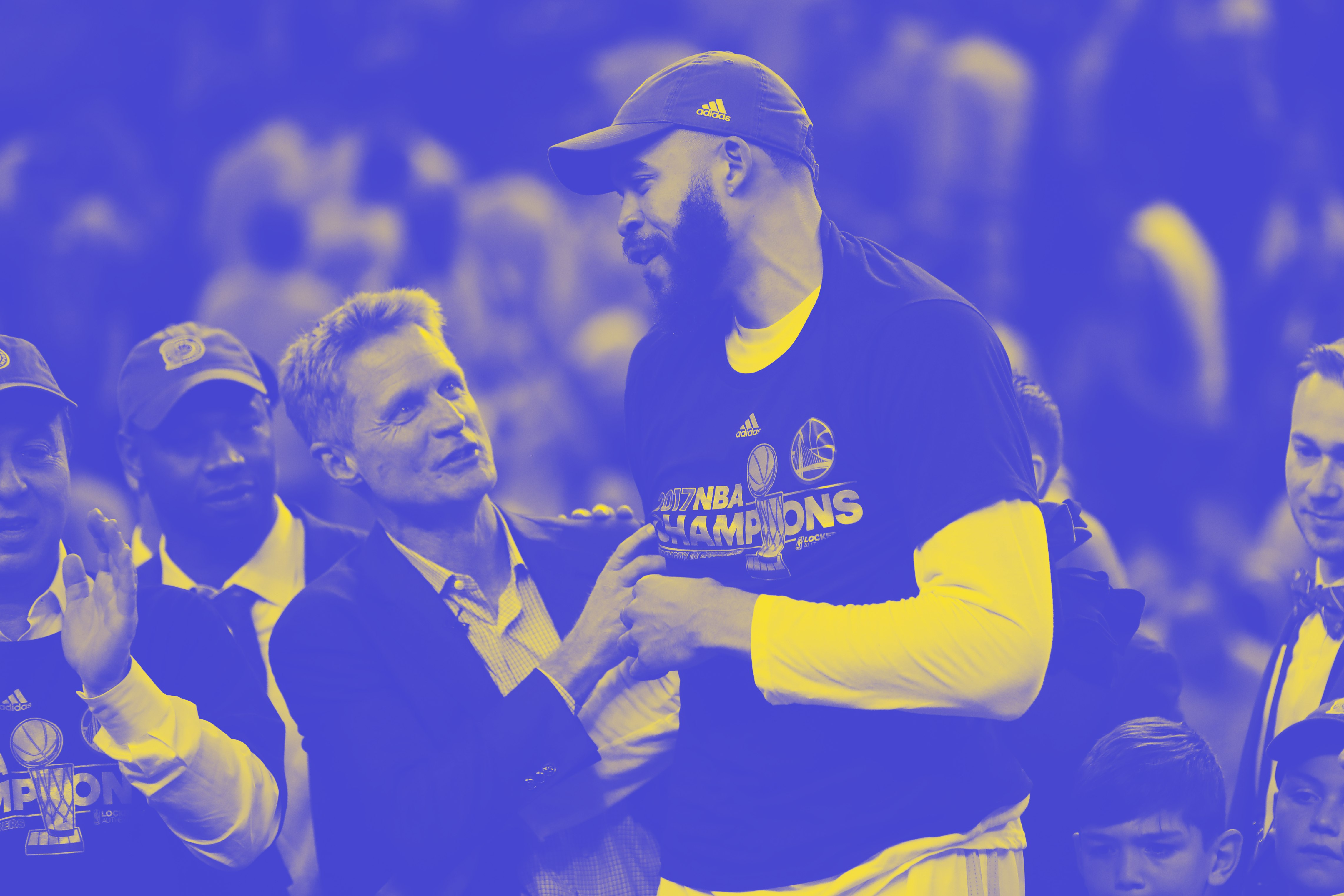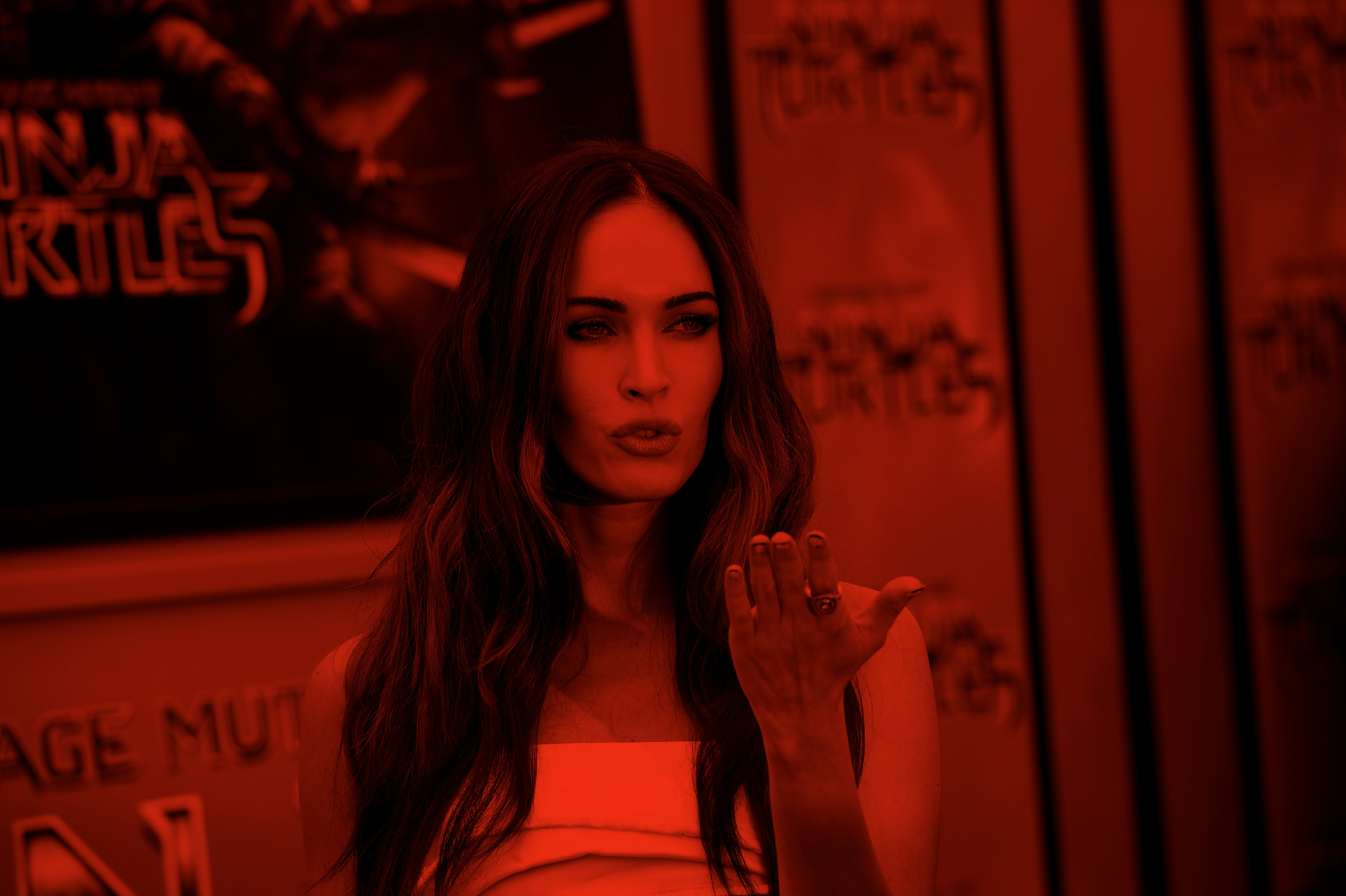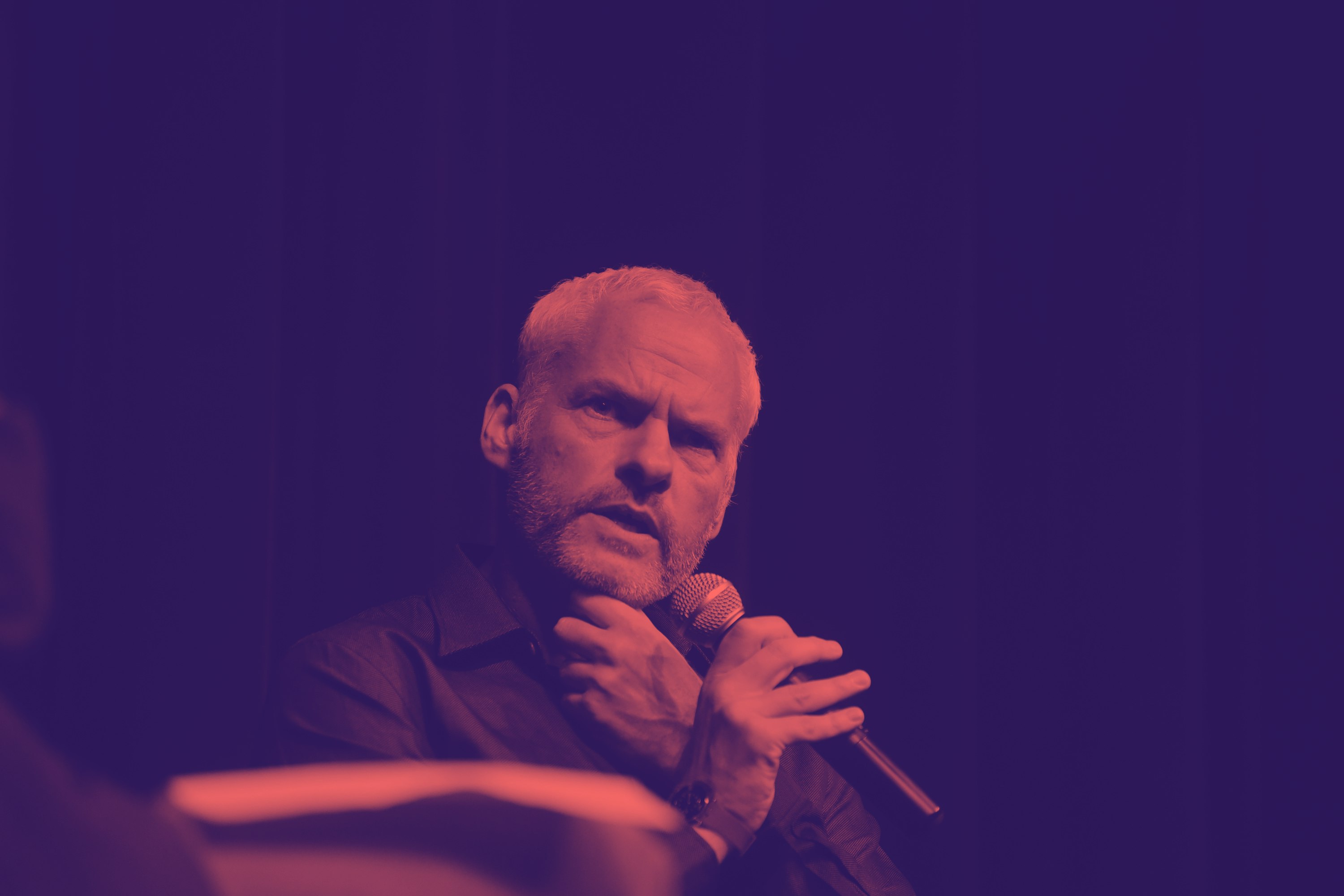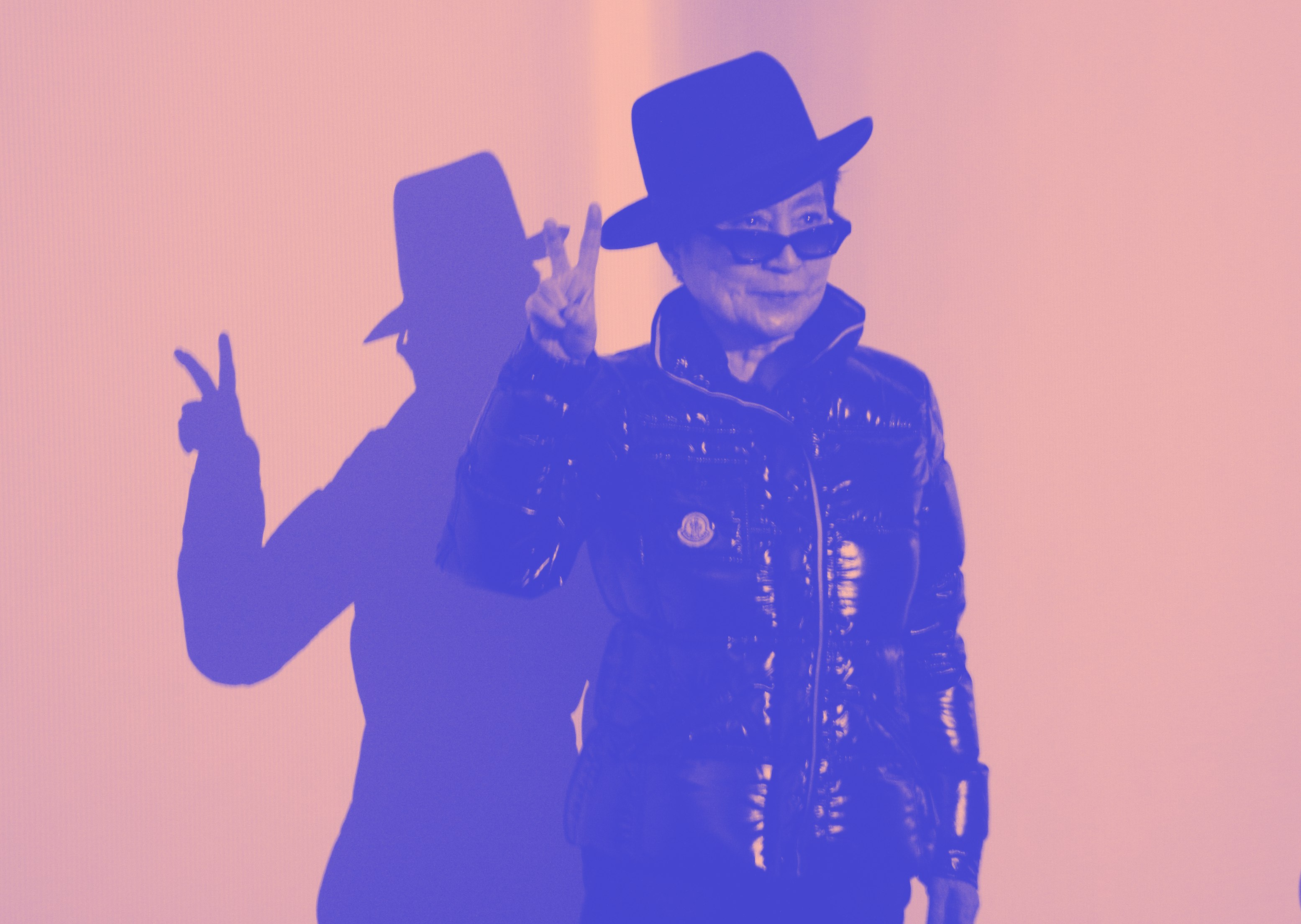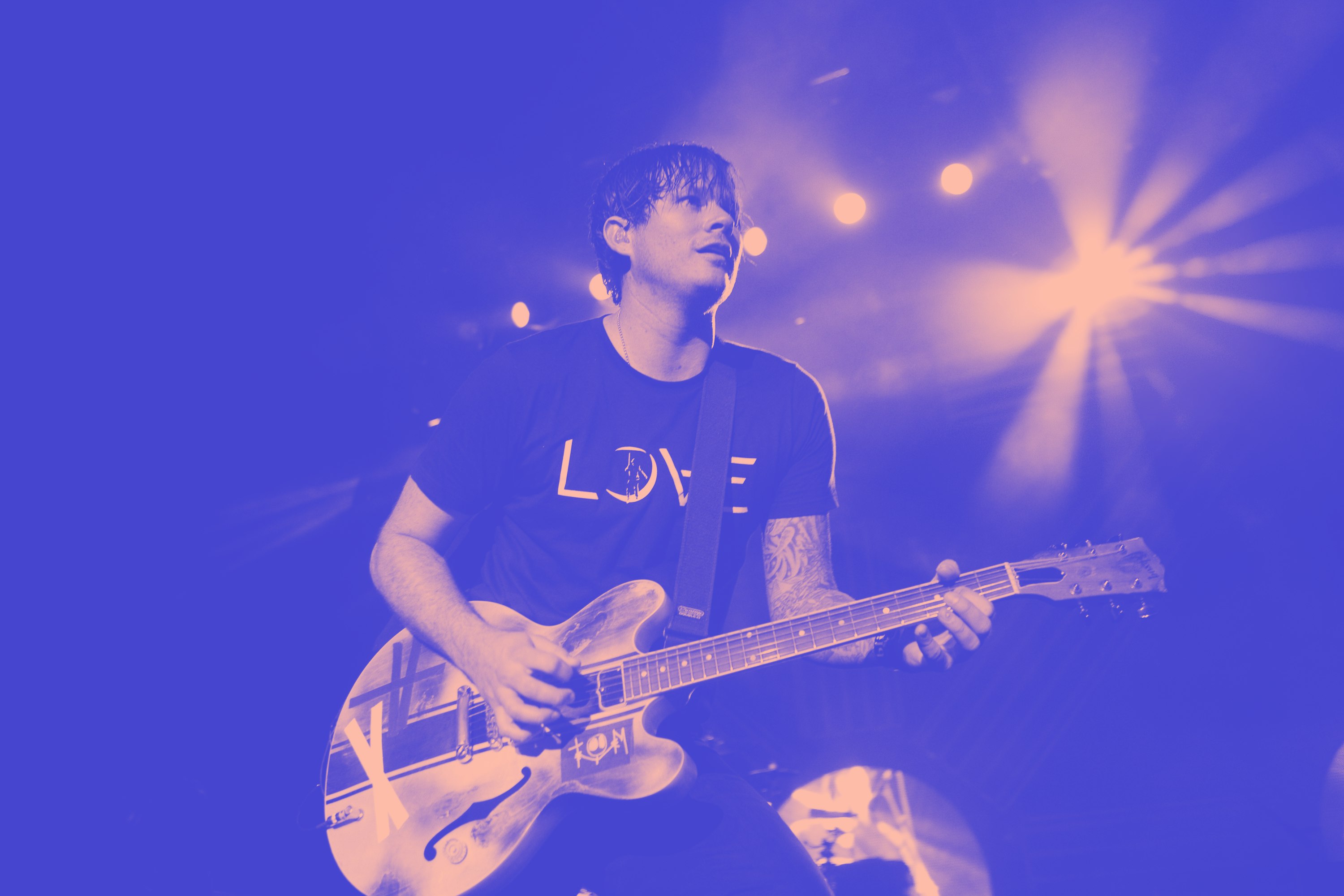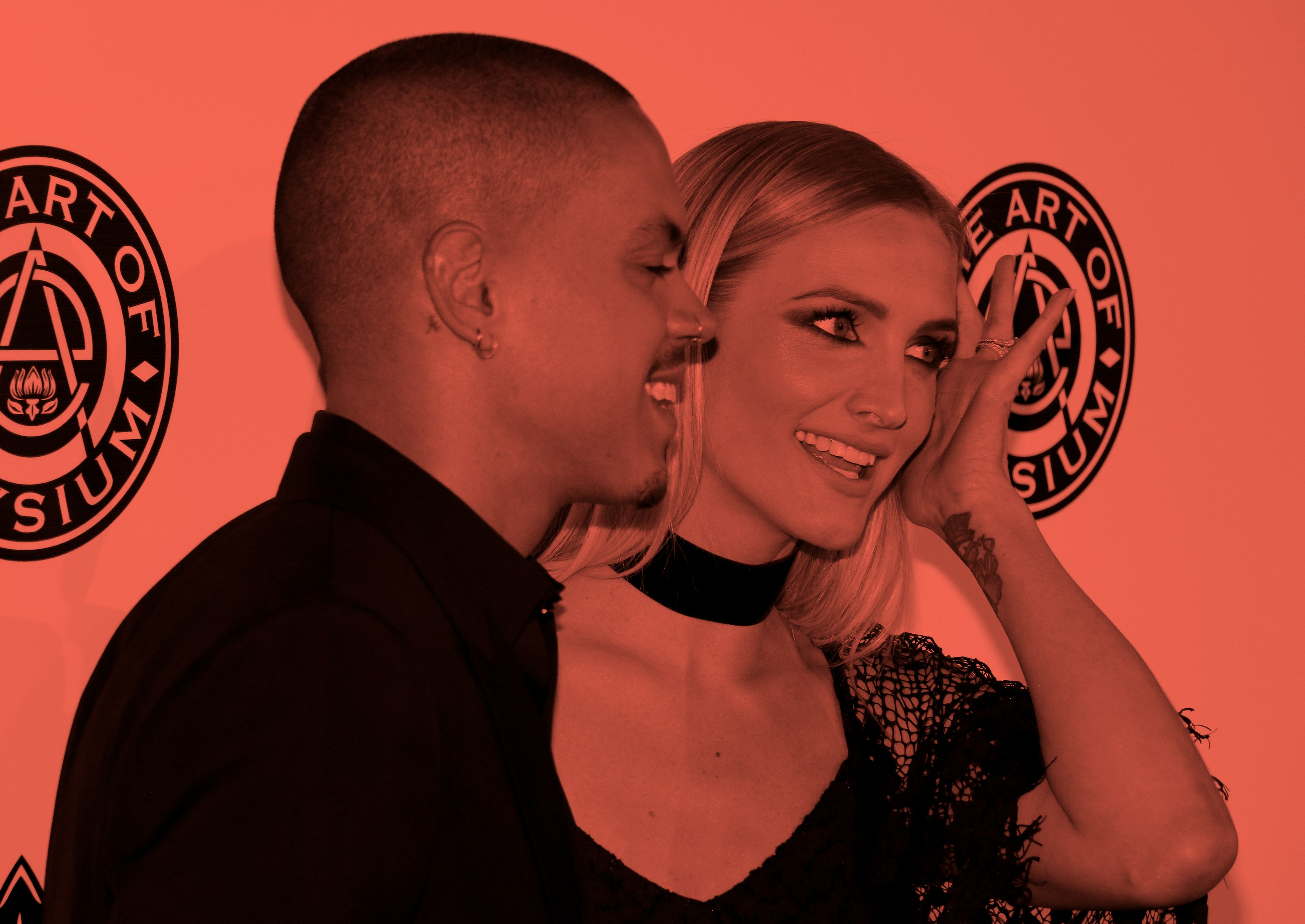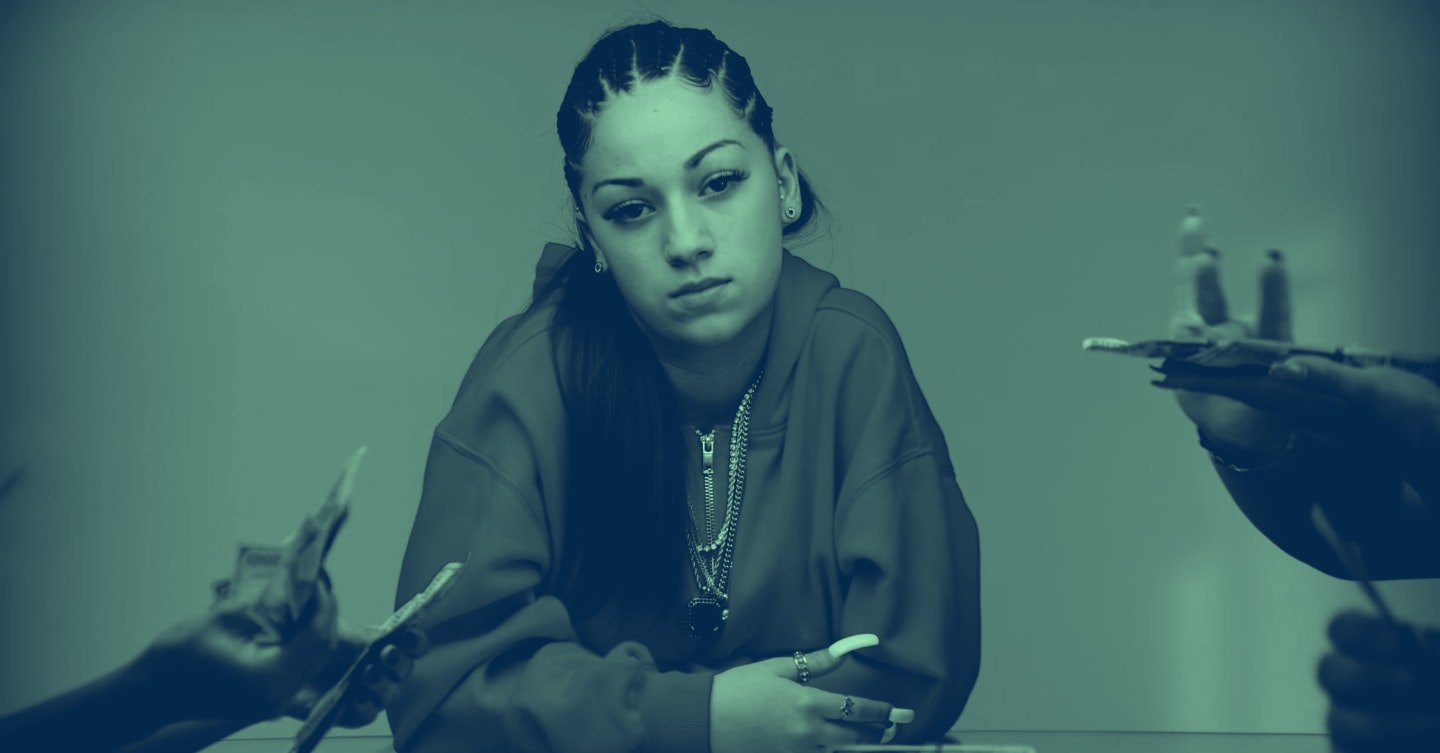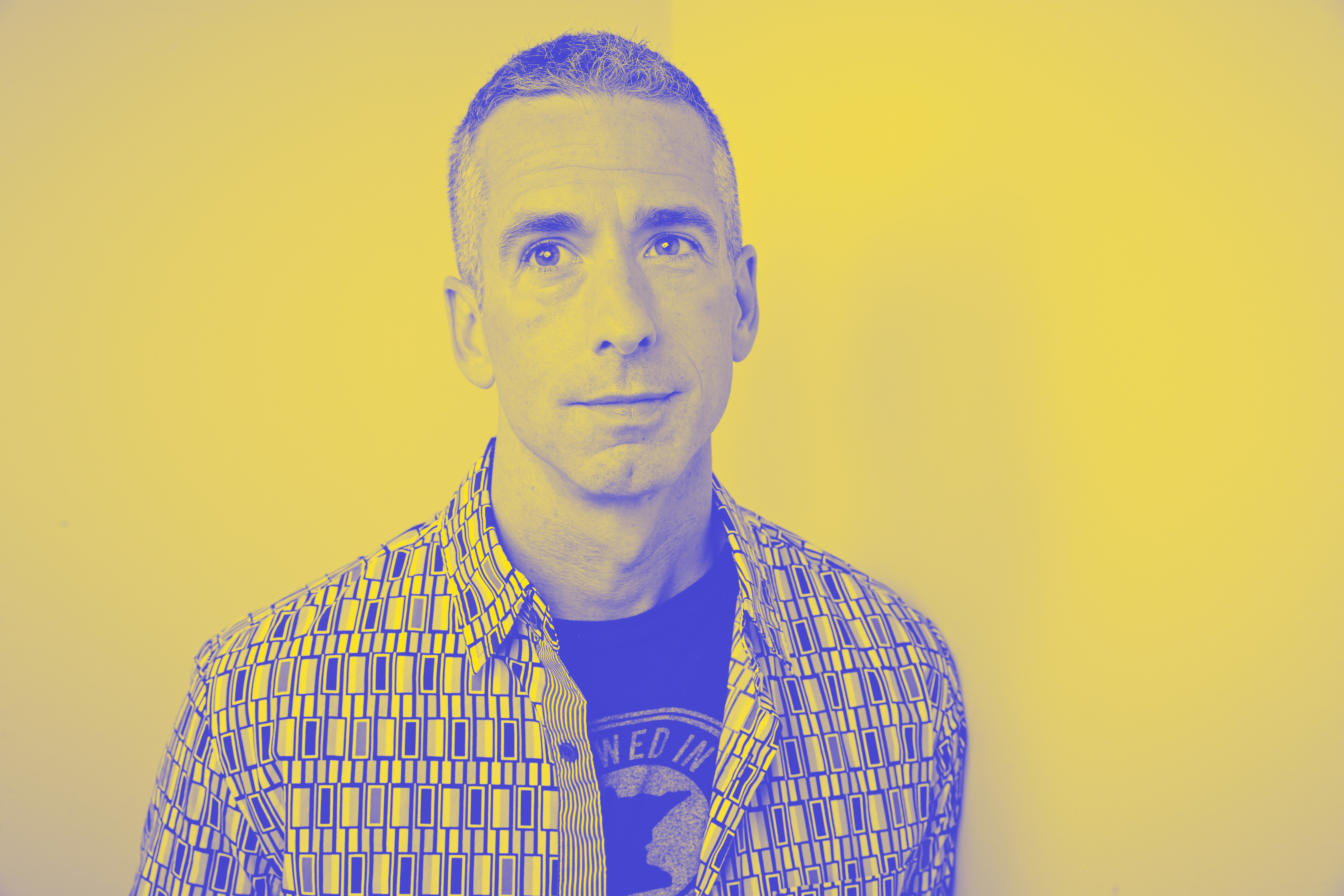Very Intriguing Person
is a series about people who fascinate us, for better or worse.
It was another episode of Monday Night RAW, World Wrestling Entertainment’s weekly program where the storylines are often stupid and the wrestling is often bad, and CM Punk was fed up.
After working in WWE for six years, his career had stagnated. He was popular, but not as popular as John Cena, who looks and talks like G.I. Joe come to life; he won championships but didn’t keep them for too long, a sign the company didn’t have any faith in him as a wrestler people cared about. Even though he’d sharpened a soft body and cropped once-long hair into a short, slicked back style, he still didn’t fit the idea of a musclebound, California-type hot guy summoned to mind when you think “pro wrestler.” (Regardless, the CM stood for “chick magnet.”) The WWE produces a family friendly version of professional wrestling, which it readily admits is a different kind of USA Network drama, but Punk, whose real name is Phil Brooks, was a throwback to a rawer, bygone era. Covered in tattoos and boasting a lip ring, he looked like someone you’d find scrubbing glasses at a dive bar. A company executive once claimed, under oath, that he was “probably not your best-looking guy.” He was an outsider; it was right there in his name. In 2011, it didn’t seem like there was any room for that on cable television.
The story goes that Punk, whose contract was set to end, was seriously thinking about leaving WWE, either to work for another company or to just call it a day after more than a decade of abusing his body. For whatever reason, on this night the writers of RAW put a microphone in his hand, and instructed him to tell the arena of people what was on his mind. The resulting speech, which would become known as the “pipe bomb” for its unexpected ferocity, is now regarded as one of the most captivating, monumental monologues ever performed by a wrestler. Over 10 minutes, he laid into his coworkers, shit on the fans, railed against his bosses, bitched about how his talents had been misused for six years. “I’ve been the best ever since day one when I walked into this company,” he said, visibly seething. In between his grievances, he wove in some typical wrestling storytelling, claiming he would win the top championship from poster boy Cena even as his contact would soon expire.
Watching the footage today is exhilarating, even if you know nothing about wrestling. Punk’s righteous indignation resonated not just because his audience also hated their boss and their coworkers and their job, but because his livelihood was supposedly rooted in falseness — false punches, false storylines, false characters — and yet he sounded so real. Unlike other art forms (besides reality TV, which has aped much of its ethos from wrestling), professional wrestling blends fiction and nonfiction until they become impossible to distinguish. In this moment, he did not seem like an actor only pretending to be a disgruntled employee. As he broke the fourth wall, and aired taboo topics before a televised crowd of millions, he insisted that for all of the wrestling business’ phoniness, “the only thing that’s real is me.”
Punk believed he was the best performer in the world, capable of carrying the company on his back. WWE did not. It seemed impossible that his bosses would ever legitimize his belief in himself. But shortly thereafter, he did win the top championship from Cena, in a match immediately considered to be one of the best of all-time. It was a shocking turn of events, this marginalized weirdo beating the homegrown hero, but his speech had been the catalyst for his triumph. Again, this did not seem like a phony wrestling storyline. Through sheer rage and force of will, he had justified his claim of being the best in the world. He’d had a dream, and carried it out. And then he was done.
As of today, Punk has not wrestled a match in over four years. Instead, he is most recently known as a failed mixed-martial arts fighter (he carries a resounding 0 to 2 record in Ultimate Fighting Championship). Punk did not appear even a little qualified to participate in either fight. He looked like a fake tough guy trying to be a real tough guy, and got punched in the face a lot. Of his fighting skills, one of his opponents — who almost immediately placed him in a suffocating chokehold, forcing him to quit the match in a little over two minutes — said: “He’s a phenomenal actor.”
Things had gone all right for Punk for awhile after the pipe bomb. After winning and quickly losing the championship (WWE writes its storylines with the consistency of a five-year-old), he won it back and held it for all of 2012, before losing it for good at the beginning of 2013. He wrestled more mainstream stars like former WWE champion-turned-action hero Dwayne “The Rock” Johnson — who was one of the targets of the pipe bomb — and semi-retired MMA fighter Brock Lesnar, a sign the company trusted him to face off against its most marketable names, even if he always lost. He wasn’t in the championship picture anymore, but it was only a matter of time before he found his way back. But at the beginning of 2014 he decided to quit, walking out of the company before an episode of RAW and staying at home for six months until his contract was over.
During that time, fans wondered his absence was all another premeditated storyline, and refused to believe he was really gone. They chanted his name at live events, and obsessively speculated about when he would return, not if. “It’s clear Punk loves wrestling in the same way [Shawn Michaels], [Paul] Heyman and [Chris] Jericho do too,” one Reddit user wrote. (All of those wrestling personalities had taken temporary leaves from the business, citing exhaustion, before returning.) “I have no doubt in my mind he will return, eventually.” Instead, he was completely absent for almost all of 2014, even as his contract expired, until dishing about everything on a November podcast run by one of his best friends.
As Punk told it, his relationship with WWE had been screwed up for a long time. They didn’t trust him to be the top guy, not even after they’d given him the championship; they ignored his ideas even as stars like The Rock and Lesnar got preferential treatment; they didn’t believe him when he said his body was breaking down, though he worked through the pain and kept wrestling. Over time, he realized that professional wrestling was not something he loved anymore. It had become a job he hated. And with millions of dollars in his bank account, it was time to go home and do something else.
“WWE didn’t make me who I am,” he insisted. “I was CM Punk before I got there. WWE was a fucking pit stop and I will not be defined based on what I do for a living. I don’t think anybody should be.” Writing comic books was one thing to do. MMA was another. He had long been a fan, and for someone who prided himself on being old school, it would be a triumph to hold his ground in an unscripted fight. He signed with UFC at the end of 2014, and began training. His first fight, against unheralded rookie Mickey Gall, took place a year and a half after his signing, as one of the premier fights of the UFC 203 pay-per-view. (Awkwardly, UFC is both the name of the company and its monthly pay-per-view; it’s like if the Super Bowl was called the NFL.)
Punk lost, and he lost badly. The footage is embarrassing to watch: He has nowhere near the strength of Gall, who pummels the hell out of him, and had nowhere near the skills required to avoid getting choked out. The reality was that for all his hard work and aspiration, Punk was a man in his late 30s with no special athletic ability, attempting to pick up a sport that takes people years to master. After the fight, he was sanguine. “In life, you go big or you go home,” he said. “I just like to take challenges. This is a hell of a mountain to try to climb, and I didn’t get to the summit today, but it doesn’t mean I’m gonna give up.”
What was he supposed to do? Well, he could go back to wrestling. Maybe not in WWE, with whom he was involved in a lawsuit after allegedly defaming their in-house doctor on that tell-all podcast (he’d accused him of neglecting to treat a staph infection). But he could go back to the independent scene, or maybe even Japan, a move he teased during his character-defining speech. If he wanted, he could once again be a top wrestling star; all he needed to do was swallow his pride, and admit he’d failed. But Punk did not seem to want this, and his frustration at being asked about it only intensified as the months wore on. Because pro wrestling necessitates that its performers obfuscate the truth in order to maintain a surprise or a storyline, his fans were not convinced. If someone was trying to make you think they weren’t interested in something, wouldn’t he just lie to you? That’s what all wrestlers do.
Two years passed. Earlier this month, he fought his second official fight at the UFC 225 pay-per-view, and lost in a one-sided decision. At one point in the match, his opponent appeared to be taunting him, rather than just knocking him out. Dana White, the head of UFC, said he wouldn’t have any more fights in UFC, because he just wasn’t good enough. He was now about to turn 40, his body in no better shape and his skills yet unmastered. He made comments about chasing his dreams, and was congratulated for doing so by some other wrestlers. It was less convincing this time. Not so long ago, Punk had really been the best in the world, or close to it. Now, he was nearly a laughingstock.
“I’ve been trying for five years to put wrestling in the rear view mirror and some people just won’t, they won’t let it go.”
The illusion that reward follows effort — and that we alone can choose who we want to be — means there are, at every moment, thousands of people barreling headfirst into some industry that is simply not meant for them. A great many float on the edges of Well, maybe it’ll happen, despite the obvious evidence that it will not. And when a man gets the shit kicked out of him on pay-per-view not once but twice, the logical conclusion is that he should stop putting himself in a position to get the shit kicked out of him. But Punk said he would fight again, even if he lost. He would continue chasing the dream, even if it seemed permanently out of grasp.
Wrestling fans, too, continue to chase the dream that he will one day return, because it seems unfathomable that someone who was so good at something would choose not to do it. But if Punk once seemed bitter about the expectation that he should once again wrestle, he now seems legitimately exhausted by it. “I’ve been trying for five years to put wrestling in the rear view mirror and some people just won’t, they won’t let it go,” he said in a recent interview. “I’m done, I’m done, I’m done with professional wrestling.”
It’s uniquely sad that someone’s passion for something that brought thousands of people joy could be so definitely extinguished. But I also find Punk’s constant invocation that he is chasing his dreams to be unsatisfying, too, because by now they seem like the stubborn insistence of someone who refuses to be as honest with himself as he once was with the world. As a wrestler, Punk was expertly withering, and perceptive in the manner of bitter people convinced they have seen the secret heart of the world. His sarcasm and biting rage, channeled through a character who felt no need to be “good” or even “likable,” was not a wholly repelling force, as it often is in real life. He sounded like a jerk, but a jerk who was right. And he functioned as a proxy for the at-home viewer, who relished the existence of someone willing to stand on television and say: What the hell is going on here?
I ask the same thing, as I watch him flail, considering the easy way out is right there. But in a small way, I understand. Once, he made his living by trying to make other people happy. Now, he answers to nobody but himself. His failure is his own.
